Weekly Show #3: The Episode All About Getting Outdoors
This week Ben & Emily explore the magic of outdoor learning and all the benefits embracing natures playground can bring. By exploring topics such as risky play, emotional development, physical exercise and sensory play they uncover why getting outdoors is so important during early childhood education. It's certainly true that outdoor play can be an extension of your indoor provision, but is it so much more than just that? Learning outdoors provides so many opportunities unattainable indoors due to the richness and versatility of natural resources, as well as, the freedom that comes from being at one with nature. Getting outdoors can of course provide it's obstacles but as explored in this podcast we believe it's worth finding solutions for as the benefits of outdoor play are truly unrivalled.
If you’re looking for inspiration or to further your knowledge around outdoor play, then this podcast is for you! 🌲✨
If you’ve enjoyed this podcast then make sure to check out www.theearlyyearsnetwork.co.uk for more educational content and access to our training and development platform 📱
Emily Macfarlane: [00:00:00] Hello and welcome to the Little Wines Big Ideas podcast, the Weekly show with the early years network. This week we are gonna be talking all about outdoor learning, the wonders of outdoors and getting children outdoors even when it's rainy, cold. That's winter Weathers and draw on us. Perfect timing, isn't it, really for it?
Ben Jones: Yes,
Emily Macfarlane: absolutely. Freezing out there. Today Ben is back in the studio. He's feeling better.
Ben Jones: Back fitter, stronger and less nasally and yeah, snotty. Nobody needed that the other week.
Emily Macfarlane: No, they didn't. Um, Lucy did fantastic though. She did, she jumped in a substitute last minute. Very good. No, she did. And we, we really, I really enjoyed talking all about music and, and the benefits of music.
So if you've not listened to last week's podcast, go ahead and give it a listen. 'cause I think personally think it's very good. It
Ben Jones: is. And it delved into a topic in terms of music in early years that I think . I think storytelling was sort of in a similar, [00:01:00] similar zone in terms of as often used as a filler sort of get through the day, we can do some cleaning up.
And then I think everyone went, hang on a second. We've sort of watered down storytelling a little bit here and, and the educational and it can't be an activity in itself. And it, and it, we can center around a lot what we do around storytelling 'cause it's has such strong role modeling, um, communication, language skills, utilizing that language, social learning.
It has all those really cool . Um, learning aspects to it and music's very much the same. And then when you delve into the, actually the neuroscience and the science in general behind music is quite incredible how much of, um, of a brain workout it actually provides
Emily Macfarlane: children. Yeah, no, it does. And um, me and Lucy chatted all about that last week, so we won't recover it here.
That was done. I didn't get to talk about it. You missed it. Sorry. We're moving on. Um, just quick updates from us at the early years network. We've both got some very nice jumpers on this week. If you're watching the video. Is your green or blue? Oh, is blue is the blue one? Yeah. nw.
Ben Jones: [00:02:00] We're not selling them.
Don't worry. We're not selling much. No,
Emily Macfarlane: there's no much. Um, but we did take a few members of the team down to the nursery Managers show, uh, last week on Friday. And we all had our green hoodies on, which was quite nice. People were sort of . Who, what they, what they wearing. Um, so that was really fun. We got to talk to some interesting people.
Um, I think it's just made us really excited for March next year, hasn't it? Yep.
Ben Jones: And the Child and Childcare and Education Expo, which we'll be at, at the Olympia in London. We will 1st of March, first and second, what we've got off
Emily Macfarlane: with this, joined by a fly and we're back. We've got rid of the fly. So yes, we were at the show on Friday and in first and 2nd of March, 2024.
We are at the Olympia for the
Ben Jones: childcare and the Expo. You can never remember. I
Emily Macfarlane: can't remember the name. I'm so sorry. I'm not good with those things, but I will be there. You will,
Ben Jones: it's fine. And it'll be good. We'll have the whole team there.
Emily Macfarlane: We will. So if every, if anyone is going, make sure you can say hello to us.
We've got a store in the middle of the floor, I
Ben Jones: believe. Yes. [00:03:00] We are right near the workshop. Right in the center opposite family B. Oh God. I'm gonna, I think B 20, but . Don't quote me on that.
Emily Macfarlane: Might not be B 20. If you go to B 20 and it's somebody, I'm sure someone really nice will be there. So that's really exciting.
We're looking forward to that and meeting as many people from early years community as we can.
Ben Jones: Yeah, yeah. Yeah. It's always really good thing to, um, wander around and meet the people who work in the early years as well as the, the other people, um, showcasing their, yeah, their stuff. Um,
Emily Macfarlane: from us at the network in general, we have got some exciting new content going up onto the website.
This week or next week, depending on scheduling for Yes. Us, isn't it? So we've got classes on Montessori. Mm-Hmm. Outdoor Learning. Yep. The impact of Covid and another of Lucy's top activities. And this time it is . Steiner. So anybody doing their qualifications and needs, some inspiration on theorists and activities that can link to them at Lucy's Lucy's class [00:04:00] will be a really good one for that.
Yep.
Ben Jones: And so there's mine on Montessori as well, isn't it? It is. So we take a bit of a deep dive into Montessori, the history of it, what it's all about, and how we can best utilize it in this modern era. Lyft was really interesting actually delving into the impact of Covid. Yep. Um, you sort of . Don't forget about Covid, but it feels like so long ago, doesn't it though?
Yeah. And we transitioned, I mean, a lot of those children that would've been under our care during Covid 29, 20 20, so what, three years on a lot of them would've fallen away into schools now. Um, so it's just interesting how she's delved in some of the research and looking at the sort of the longer lasting impacts of Covid.
Yeah. Which is quite fascinating insight. Um, and then it's yours, isn't it? On outdoor
Emily Macfarlane: learning? Yes. Outdoor learning. And then if you like this podcast, you can watch the class 'cause it gives you a little bit more . bit more
Ben Jones: information. Yep. And then we've got a big one coming up next year on outdoor learning as well.
And as we start to get into spring, we'll probably look to release that one as sort of a big collection of class, isn't it? With a bit, yeah, a little bit from everyone in involved with that one.
Emily Macfarlane: Yeah. So we've got some excited things on the [00:05:00] website, so make sure you go ahead and check it out. You could do a free trial, um, and then you can sign up for your monthly subscription from there.
Absolutely. Right. Shall we dive in? Let's outdoor learning. So outdoor learning is, . It is something that in the statutory framework we are required to do. We are required to give children exposure to the outdoors, but not everyone's outdoors is the same. Yeah. Some nurseries, inner city, some in rural areas, the outdoor areas will look completely different.
But we are all required to allow children the opportunity to get outdoors. Absolutely. So when you think of outdoors, for me personally, there's always a battle. There's always a, oh, I've gotta take everything outside with me. I've gotta do this, do that. , but really that's not what going outdoors is all
Ben Jones: about is it?
No. Sometimes I think the first thing we wanna tip upon is it's not always about taking your indoors outdoors. You often hear that bandit about, and I think that's sort of become a bit of a misconception. I think the, the idea behind taking your indoors outdoors [00:06:00] is the right idea in terms of anything you do do indoors.
You can take that learning outdoors and that is a great way of looking at it. But also outdoor learning. If you only ever do your indoors outdoors, it's just an extension of your indoors learning and you're missing out on that outdoor learning. As daft as that sounds, I think sometimes what we can miss is actually embracing the outdoors and embracing activities and just play that you can do outdoors that children can't replicate indoors.
Now we're gonna cover a lot of this, but . So often children are shackled, indoors. Don't run, don't do that. Don't climb on that. Don't do that. Whereas the display and all these urges, these natural innate urges that children have to climb to run, to run around, to touch things, though they're not allowed to touch , yes, but when they get outdoors, they have way more freedom.
And I think that's probably the key word here. Freedom. When we're outdoors, obviously still have to risk assess things. Obviously we can't have little Timmy in the preschool climbing over the fence to get out. Of course. Yeah. Obviously. But if the children are showing an innate want to climb, it's so much [00:07:00] easier to create an environment or something that they can climb outdoors than it is indoors.
Yeah. And I think if you only ever you're indoors, outdoors, you, if you, if them rules came with you out outdoors in terms of, oh, we have to sit in color, or we have to be quiet and do this, this, this, this. , we really, we're actually not helping the children and we're not actually delivering the purpose of outdoor learning.
Yeah. If that makes
Emily Macfarlane: sense. Yeah, that makes sense. Like take your inside, outside is when I try to explain to people it's inside. You're trying to hit all seven areas of learning. You can do the same outside. Yeah. But you don't have to take the resources with you. No, and that's not for me personally. If I know that the children I'm with are really interested in dinosaurs.
there's no reason why you can't take, they can't take some dinosaurs outside. Yep. But then use the resources that nature provides you to engage in that play. Yep. The outdoors can't be in, can be enhanced. Sorry. But it doesn't mean you have to bring the karma, the cars, the block, like everything outside.
Bring some bits out if, if the children are interested [00:08:00] in it, and then use nature to enhance it and further it to explore all areas of learning. Of course. . Don't bring your tables, your chairs, everything out with you just for the sake of replicating your indoor environment. I think
Ben Jones: it comes down to like definition, doesn't it?
And I think our definition of outdoor learning personally is the sort of the key benefits that you get from outdoor learning. So it is able to demonstrate more activities in terms of physical play. Yeah, it's, it's be able to do more in terms of risky play. It's be able to challenge children in those areas as well as presenting them with
The actual natural resources of outside, so they get to know different plants, different trees. I mean it is a bit of a travesty that ourselves included. If we did a walk around the local countryside, I couldn't tell what trees were, no, I couldn't tell you what the plants were. No, I wouldn't know. That's a bit of a failing, isn't it?
I'm like, ah, apart. 'cause I'm sure we're not alone. I'm sure a lot of most people, if you walked around and said, well what is that tree? Most people go, I dunno, that's AB . That's a bch. Even Rachel [00:09:00] who does bits with us here of the network. She's got a forest school, um, qualification mentioned. Yeah. And even she would probably struggle in reality, she'd probably get
Emily Macfarlane: a little lap out.
That's not thing she would know, but yeah. Others, I mean, she taught me a really interesting fact about stingy nettles. Right. That stingy nettles actually benefit butterflies. Butterflies, yes. I have that stingy nettles. Yeah. Yeah. So when people say to her, oh, get rid of the singing nettles, she actually said, no, you can't.
Yeah. Yeah. Because they're vital to the, and I would never have known that. So I think it's learning about the environment and actually. Children will learn that stinging nettles hurt. Yeah, they will. If you tell a child not to touch something, they'll touch it and then they'll find out why. But we can't rip it away from them because that's not the real world outdoors.
Absolutely. If you went on a nature walk with your family or whatever, and you come across a big, big thing of stinging nettles. Nobody's gonna come and just take them away because people are walking there. The natural world. So it's learning that actually what is outdoors. We have to respect as much as we'd respect any [00:10:00] resources.
Yeah. Inside the world. And how
Ben Jones: does the humans learn best? It's from our own mistakes. And someone can tell you not to do something so many times, but we'll do it again. You will probably. You will. But no, absolutely. So I think, I think when we look at the outdoors and in this podcast, when we're talking about outdoors, that's the difference that we are making.
Yeah. When we talk about it and . We touched on forest school, outdoor play and the benefits of outdoor play were around way before forest school and the concept in this country of forest school, really, it's popped up what, the last 10 years, let's say. Yeah. And they'll be around way after the whole kind of a hype.
A hype around forest school. I don't wanna say that as if I'm dismissing forest school. Forest. If you can do forest school, oh, it's fantastic. And you can embrace what it's about. Mm-Hmm. . Absolutely it is. It is a really good idea. The concepts behind it, the qualification you can get is a really good qualification, but again, you can do a for school and not have to pay for your nose to get these qualifications.
So if you can still don't be scared, I think of learning and self-teaching it and still being able to deliver that. We've stayed away from anything called forest school and on the website, and we probably always will because [00:11:00] it's not really our place unless we bring somebody in external and we make a course about forest school.
Um, but say it comes with an idea of an accreditation, but it's not the be all and end all. Uh, no. You could even look in Scandinavia and what they do in Sweden and Norway and places like that with outdoor learning and the kids are outdoors all the time and they're running around with knives and carving things and it often, I think we'd probably close anyone down in England doing that within the week you imagine.
But it's incredible. They don't have, if you talk to anyone from Scandinavia, I can't, I can't reference it 'cause I can't remember. But I remember somebody from, I wanna say nursery in Sweden, did an interview with a, um, early years, um, publication online, years and years ago, I can't remember who did it. And they were talking about how they never have accents.
The children are brought up around having this equipment, these nights, whether it be woodwork or whatever else they're doing out there. There's never any accidents. No one's ever fallen from a tree and broken a limb, but because they do it all the time, does that make sense? And I'm sure there's bumps of grace.
It's it's
Emily Macfarlane: embedded, isn't it?
Ben Jones: It is, yeah. Yeah. It's their culture. It's, [00:12:00] it's what they do. And I do think, not everyone, I'm not, I'm not trying to cast a wide net across our country, but I do think we are getting to the point where children, they can't even, I've seen people have show rounds around one of our settings where we have a forest school, we have a big area.
And the amount of times that the new parents to that environment are saying, no, you can't do that. No, you can't do this. And it's, and it's nothing compared to what some of our kids do up there. Forest school, . So, yes, because you can go up there and they're like, monkeys and trees think I know. Yeah.
Emily Macfarlane: Too high for me.
And, but that's, it's their risk. They've got to take that risk and they've got to learn from it. And like, we will cover risky play, but. maybe being outdoors and that taking it indoors outdoors is something that as adults, we have to learn not to do. We have to take that step and then, right. If somebody said to me, you can't take any resources outside today, you can just play outside, what is it they're going to do?
Yeah. Yeah. Because [00:13:00] I personally still think having things like Play-Doh outside is really good because the natural that you can add into it is fine. Sand. Same thing you could find. Sand naturally outside, sand outside. It enhances it. But what are the children gonna use to play with these resources? So is that finding sticks to mark make?
You don't have to use pens and paper to mark make using sticks and stones and making pictures outta the natural resources. In the last, um, activity post we put up, we put about, um, uh, natural Christmas trees, collecting stuff. Yeah, collect things and they don't have to stick it down. You can make the picture, you can take a physical picture of it so they can show people.
But then you can start again. Yeah, yeah. And it doesn't end. That activity doesn't have to stop. As soon as they've made one Christmas tree, it doesn't have to stop. And I think it's about getting outdoors and finding the treasures that are out there because there's so many, and bringing them into what you do rather than dismissing what's already out there, what you are going out to.[00:14:00]
To replace it with something manufactured. Yeah,
Ben Jones: absolutely. It's embracing that nature, isn't it? And, and there is teaching behind that understanding of the world, whatever you wanna call it, there is teaching children about what the plants are, different types of leaves, even simple concepts as photosynthesis.
I mean, I know that sounds quite heavy, but immediately you can start introducing them to really fundamental ideas of, of what the planet's all about. Yeah. And, and the ways we can incorporate that learning. I think sometimes as well, it can be . I don't, it's, it's almost an easy option, isn't it, to go outside and just take all the equipment from indoor in inside and bring it outdoors and, right.
This is what we're doing and we're just evolving it slightly. Yeah. Whereas having to actually have a, an outdoor curriculum almost. It often needs practitioners to play more. It, it needs them to actually engage and play with children and run around and, and, and act almost as children and play. It requires that more, which sometimes people can find quite
Emily Macfarlane: difficult.
Yeah, yeah. No, no, they do. And sometimes it's like judgment from other people. But actually at the end of the day, if you are employed to be in early years, you've gotta accept [00:15:00] the fact that you're gonna look a bit silly sometimes.
Ben Jones: Absolutely. And, and it's is what it is. But it's only silly if, if we have that viewpoint of it.
Being,
Emily Macfarlane: yes, you, for others you may be viewed as silly, but actually you're just having fun,
Ben Jones: sort of a self ingrained adult way of looking at it. But in reality, if I see someone play with children and actually play and you think well go good on them. Do you what? Like yeah. Doing your job group. It's great to see.
Yeah, absolutely.
Emily Macfarlane: Thinking of outdoors as sort of the environment out there, it is, as we've, we've sort of put down is it's the, the ready-made sensory. Environment if for sensory play's there, it's it handed to
Ben Jones: us on a plate. Yeah, I, I saw why'd talk about sensory play first because especially in early childhood and, and it in truth never actually goes away, but sensory and that whether it be single sense or it would be multisensory play is so important in early childhood.
If you look at a lot of the research around this, it does show how . When you engage with, I'm gonna go off on tangents here. When you , here we go. Buckle up everyone Grab a cup of tea when you [00:16:00] engage with, with sensory place. So look at the five, um, prime sensors that
Emily Macfarlane: you have. Sorry, a side note. I was doing some research with the sensors the other day, um, and, and I couldn't remember the fifth one.
How bad is that? How can we not expose ourselves? Can you name the five? It's sight. Yeah. Smell. Yeah. Sound. Yeah. Touch. Yeah. And taste. Yeah. Touch. I couldn't remember touch. I thought, what
Ben Jones: is the, it's one of the key ones where I'm sent you Think about it. I, and
Emily Macfarlane: I was going page, I was like, what is that fifth sense?
And then I looked at it. I, of
Ben Jones: course it's, there is now research this to suggest that there could be up to 21, 22. Census. So you have your prime senses, I've got no hope. And then you've got things like balance and perception and, and we'll, we'll do this. I probably will deal with this in a blog post, to be honest with you.
But there is so many other I can remember of all these. Yeah, I know. But I don't think it's is a case someone to remember all 22 . It's more of a case of which, [00:17:00] which
Emily Macfarlane: 22 centers have we hit today? Everybody. It's
Ben Jones: more of a case of having the awareness of this is what stimulates a child's brain. So in early childhood development, it's exposure to new senses and new things and using our senses.
That really galvanized and excite a child's brain. And as we've talked about so much, when you excite a child's brain, you get the neuros firing the, you create this framework that a child used to understand the world around them and understand their body and, and build knowledge, and that's how they ascertain knowledge.
I. And the more we can get these little sparks inside their brains and it is sparks, it's quite literally, um, electrical frequencies going off inside the brain. Again, we can map it, we can see it through, through different, um, research methods. We can see how children, when they're exposed to different tastes, different fields, different things that the brain parts and certain parts of the brain, and this is how they know what part of the brain is responsible for certain things.
Yeah. Do the same sort of scans for, um, language development as well. We [00:18:00] can see children. What? When they're exposed to sensory play, when they're new, new senses, when they're using their senses, they're more awake, they're more alert and they engage with what they're doing way more. And if they're engaged with what they're doing way more, they're learning more.
Yeah. So, and especially when it's multisensory, because then the brain's really having to work 'cause it's going, wow, this is a new feel or start smell or taste is a maybe slightly harder one to get involved all the time. . Yeah, because you don't normally, when you taste, actually normally comes into it when you put cereal in a tough tray.
The amount of times I see this in the baby room and they're just yamin it. , yeah. But that's where it comes to, that's also the texture. You know, babies will put things in the mouth because when you put new textures in your mouth, you can really feel it. 'cause the amount of, um, the nerves and the amount of nerves and stuff in the mouth is, is incredible.
That's why hands, but then also mouths. Um, so that's why centuries play so important. And I have gone off a tangent, but that's okay. So if we link it back now into outdoor play, the scope for new senses is, is as heightened more anything. I mean, oh God. Even for a baby [00:19:00] feeling like the wind through their hair for the first time.
Um, mud and, and be able to play with that as available sort. But you can take more messy things outside. 'cause you know, practitioners are gonna be less like, oh you can't make that much mess inside my room. You know, that is a freckle and that's where we come back to freedom. We have more freedom. You know, children then have got the senses of, of running and feeling the grass on their legs.
Yes, we touched upon earlier, it's a negative sense, but still a sense stinging needles, but you choose to touch the nails, child's alert to it. You learn about what that does and the impact that does, and it sends a message to the brain of
Emily Macfarlane: That's a funny one though, isn't it? Because even as an adult. Nine times out of 10 in, in like the local fields and things, I will walk into a stinging ail.
So it doesn't matter how many times I've learned that I know well, yeah. But I will either not see them or just run into it and just think, oh, for God's sake. Yeah. Again, so even though I know that they will hurt me sometimes you just have to, you have to do it, don't you? So,
Ben Jones: yeah. But it also, 'cause your brain also knows it's not
Emily Macfarlane: life threatening.
No. Yeah. So I a, it's gonna hurt me, but it's [00:20:00] not gonna . Not gonna, not gonna be that much of a threat to me. So, but I've
Ben Jones: learned that. Yeah. The thing is as well with the brain when it comes to senses, your brain's focuses on only what it deems. I wanna say new things. I might've got that slightly wrong. It's like your toes.
Technically you should be able to feel your toes all the time 'cause they rub against each other. But your brain nullifies that sense because the information it's providing your brain is of no relevance. Your brain knows your toes. Are there. I can feel my toes. Does it need to constantly be telling you that your toes are their hook because they're cold?
They're very cold. Yes. . But it's things like that your brain doesn't need, feel the need to tell you about. So it doesn't, yeah. Whereas it's constantly providing you with new information, so
Emily Macfarlane: the new sensory experiences you can provide for children, it's gonna make a difference and an impact
Ben Jones: and, and it carries on to adulthood because if you think about adults and what excites the most, it is always around sensory again.
So even if we talk about new foods. There's certain foods that we like or new foods. There's textures that we do like and we don't like, and there's certain things that excite us more. Even if you [00:21:00] talk about sex and things like that. Yeah. It is sensory. There is that sensory element. Some adults love to play with things in their hands.
They may not do it a lot, but if you see them going to nursery, we've seeing dads pick up like the, the Play-Doh and stuff and everything because it's childish, but they like that sensory. Yeah, and even, even like PlayStation games and everything. It's still sensory in terms of lights and, and the report of that and the sounds and stuff.
So there is always that element. And when you go to the cinema, again, it plays on that side. Sounds music. Mm-Hmm. , live music especially. Yeah. Playing music so you don't lose that enjoyment of sensory. But when you're in early childhood and you're formulating these, this neurological connections, like we said, and this framework in your mind, your brain, uh, is, is primed for learning.
You're primed for that neurological development, sensory . Massive in exciting the brain and then in excited Brain is a brain that learns and develops. Yeah. So outdoor , we keep moving away from outdoors. I was gonna say, so when you go outdoors, there you go. Ah, . So when you go outdoors, [00:22:00] outdoors, it's such an easy weld to bring sensory development Yeah.
Into it compared to indoors where you are shackled a bit more and you don't have that, what we say,
Emily Macfarlane: freedom. Yeah. And it's moving away from that sensory has to be in a tough tray. Oh, absolutely. Sensory trays are great. Don't get me wrong. I love a sensory tray, but it's not the be all and end all of censor.
Ben Jones: Top trays are great. Just don't spend 30 to 40, 50, 60 minutes making it look like a scene from Game of Thrones or whatever else else's frozen that interesting sensory tray. But you know, you sometimes see them, but they look amazing. But it's not for the child. No. Or, or if is it, the child will spend all of about two seconds looking at it and then we'll go, right, I wanna put the rice over there, I wanna do this.
Yeah. And they'll either go it off on their schemas or they'll just wanna censor it and like they don't,
Emily Macfarlane: don't. If it takes you longer than five minutes to set it up, you don't
Ben Jones: need to do it. No. You'd be so much better off spending five minutes building it and then spending 45 minutes playing with it.
Really role [00:23:00] model, watching the children, getting some good assessments done on them, engaging with them. Extending the opportunities for learning, doing all that. 'cause that is your job. That's the remit. That's what we should be doing rather than making it look really pretty, taking a photograph of it and getting that, getting your own personal gratification off of, I dunno, social media or, yeah, I dunno, I don't, I dunno what inspires, which
Emily Macfarlane: is, which is ironic, isn't it?
Because even we will ask for photos of what we're providing for children. So we do still say, because we want to showcase what we're doing. So it's difficult to get that balance because everyone's to show the amazing things that they do for children and even outdoors. It's getting, there's no reason for getting pictures and things, but actually, we say this to a lot of our teams is if you're taking a picture of something and you are the one playing, you shouldn't be taking the photo.
Yeah, the adult, an adult should be engaging with the children. There's no reason why they shouldn't be watching.
Ben Jones: Close by strategic. Yeah. So there's a reason why you're watching. Yeah. You're trying to watch how someone engages with it. You're trying to [00:24:00] watch for this. You're trying to see if, if they're bored or if, see if they're really learning from it or what they're taking away from it, or if they're taking it down another avenue, what schema they're using.
There's loads of different ways we could be
Emily Macfarlane: watching. And actually, we'll, I think we'll share this week the video of the mud that I got recently. Oh, the little boy. With the little boy. Yes. And I'm in the video. We were, we were playing and . We were both you'll, you'll see how covered he was from this mud.
But I was filming it, but engaging conversation. And as soon as I needed to jump back in the play, filming stopped and we carried on the play. So yes, it's a little bit probably on twofold, isn't it? Because we want to showcase all the amazing things that are being done to share the learning opportunities with everyone in the industry because Inspiration Outdoors is fantastic because we want people to use the outdoors.
But you also need to be really engaged, like you said with the children earlier because that is the job. The job is to engage, scaffold, extend learning for children. Yeah. And [00:25:00] outdoors is an especially good place to do that through, like we've talked about, sensory play. Because if you are using, say site, you are focus on site and you go for a dunno, bird watch using binoculars of some sort of magnifying glasses, whatever that is.
There's no reason why you can't do that activity. No. You can't see the animals that the children listen in if you've not got the right equipment to, yeah. Yeah. So fully engaging in a, being immersive in that activity with children is really, really important too. Especially with sensory play. 'cause you'll enjoy it too.
And
Ben Jones: I remember the best way to get children speaking about bird watching. We did that a couple years ago, and nobody, no, no child's naturally interested in it, don't really get what's going on. But when I sat down and role modeled it and just started doing it on my own. It's amazing how quickly they suddenly wanted to join in.
Yeah. Question. What I was doing and why I was doing it. And before you knew it, there was like seven preschoolers around me, all dead quiet, doing the exact same thing. Yeah. And that's what initiated, it's telling the group of children. Right. You are now going to Bird watch [00:26:00]
Emily Macfarlane: and also saying to them, you need to be quiet.
Yeah. Worst way to get children to be quiet. Yeah. Is to tell them to be quiet. Yeah. But actually, if you all sat there and someone comes over and says, what are you doing? Oh, I'm being quiet because I'd love Yeah. They're more likely to engage in it because
Ben Jones: they've gone, oh. . No one ever likes being told what to do.
Have you noticed when someone says to you, calm down. Yeah. Has anybody ever calmed down after being told to calm down? ? No. Okay.
Emily Macfarlane: Next we've got off. Yeah, sorry. So it sensory play use or you said this is outdoors. Outdoors is a wonderful place
Ben Jones: to, it's a designed zone for sensory play. It's already all there for you.
And I think, sorry, just to touch on one more before we move on from this, um, I feel like now it's appropriate, you don't have to have acres and acres of land. You don't have to have massive gardens. Some places you'll have very small confines of gardens and stuff. If you're in the towns, in the cities, it's all about making the most of what you can do and as long as you're getting outside and you are providing children with freedom, freedom to run, whether it, you can make it as an inventive, as as as [00:27:00] possible.
Whether it's ticket, it's a game center around trying to get children moving and to fully enjoy. It's about providing senses, even going to local parks and things like that. You may not be able to do it as much as settings that have it on their doorstep, and they're lucky. But it's still well thinking about, right?
How can we best provide them with these outdoor sensory experiences? Taking the shackles office, we're gonna talk later about physical development. It's about figuring out the best you can do. Not everyone's gonna be lucky enough to have masters and masters and masters space and fields on their doorstep.
Unfortunately. It's as long as you are providing those children with the best opportunities you can. No one can answer anymore. No, and
Emily Macfarlane: that kind of leads nicely into the next bit we're to talk about, which was . Getting away from overstimulating indoor environments. So indoor environments can be quite overstimulating with noise, resources, colors, sounds like everything that's going on in there.
Somebody, if you are in a a setting, you are, if you've got a enclosed setting, you might be able to hear thought machine or the dishwasher. There's all sorts going on noise wise. [00:28:00]
Ben Jones: I think sometimes you can get used to it as well. I think sometimes you, from an external, 'cause I walk into a lot of settings.
Mm. . Sometimes you walk into it and you go, this is crazy. 'cause you've got the Alexa blaring out some sort of songs. You've got colors and everything. You've got children. Like sometimes I don't think we sometimes truly realize the amount of chaos going around us and for certain children who have walked in at the same time I've walked in because it's not like school kids do just walk in.
It can sometimes be so overwhelming and we just assume children live on this constant high of like, go, go, go, go. And, and a few do.
Emily Macfarlane: Some officer, some children
Ben Jones: do, but some don't. And some needs to have less stimulating environment. The indoor environment can, can sometimes be very stimulating for children.
Emily Macfarlane: Yeah. And it's getting outside is is just kind of escaping that for a little bit. It is. Um, but it's also allowing children's wellbeing to thrive outdoors. It can be calming, it can be, there's a lot of children. I personally worked with a child who had selective [00:29:00] mem and outdoors . He actually just thrived because it's not as enclosing.
You don't feel on top of you. And Selective Reads is an anxie. It is about anxiety disorder and actually being outdoors, you can see what's going on. There's no worry about who's gonna walk through the door next, who's gonna talk to me next? You've got your own space bit more I think. Yeah, it's, it's open and actually the children can.
They just feel a bit more relaxed when they're outside. I, whenever I walk the dogs and I'm just wandering around the fields and things, it can be really relaxing because you just think, oh, right, I can breathe. I've got five minutes, and it's, there's nobody running around.
Ben Jones: Hmm. It's freedom. It alls the same.
You can sometimes, if you've got a job where you're in an office block, for example, you've got all this fake lighting on all the time, you know those horrible flashing tubes, and you're staring at a computer screen. You feel trapped, you feel? Yeah. I dunno. Sometimes you feel dirt, do you know what I mean?
Like you can feel Yeah. Sometimes you just wanna get out and have a bit of freedom [00:30:00] and a bit of fresh air and you're not trapped in this fake light. Um, overstimulate them. Overstimulating, yeah. But also the air quality inside is never as good as outside. Like there's all these factors that children.
Won't understand. The little Timmy won't be sat there in preschool thinking, oh this, this fake lighting's really giving me a headache. Or it's sometimes or too loud. They haven't got yet. The skills from a self regulatory point of view to be able to go or miss. I'm finding it a bit overwhelming at the moment.
Can I just step outside? Instead, they'll cry. They'll saddest thing buy or they'll do something to, might
Emily Macfarlane: be, demonstrate it. Nine times outta 10 they'll be told no at school. Yeah, yeah, yeah, yeah. Can I take five minutes outside? No, you can't. No, you can't. It's not the time to go outside. 'cause you've gotta be quiet and learn.
Yeah. But actually there, there's space to sit down, quiet and learn because there is all these things going on. I know. And, and
Ben Jones: we're not slandered indoor environments and here's do things inside. But I think today's conversations around actually the benefits gain outside no matter what the weather can bring.
And, and now we're talking about emotional benefits and wellbeing. Mm-Hmm. . And it's not just in terms of that feelgood [00:31:00] factor. 'cause it does give you a feelgood factor. It does promote inside your brain. It just gives you boosts of chemicals. I mean, we know that exercise is one of the foundations along with sleep and nutrition for healthy brain development.
Yes. And, and we're gonna talk about physical development soon, but physical development even in adults, has such a massive benefit for emotional wellbeing. If people are struggling with depression, anxiety, and things like that. Just getting out and doing some exercise will have a great, yeah, great, great benefit.
It's been proven. It releases chemicals inside your brain. It gives you hits of almost pharmaceutical level drugs and it, and it, and it makes you feel better. It's got natural antidepressant values. Yeah. Does get involved in doing exercise that's tripled for children. Do. I mean the, the benefits of it and the effects of it are tripled for children.
Then we also have benefits of self-regulatory skills because of . The type of play children are engaged with outside? Yes. Often it will be a bit more social turn taking, um, physical exercise. If they're learning how to climb something for the first time or taking part in climbing, [00:32:00] they'll quite often fail.
And how'd say Yeah, try. How'd
Emily Macfarlane: to deal with that feeling? Try again. I've finally succeeding and watching somebody else succeeding, being proud for them. And it's all these positives that a child can start to feel once they've gotten over that initial failure to begin with.
Ben Jones: Yeah. And how dealing with rejection or failure is a really difficult thing for children.
They've gotta learn that. And outdoor play A is a, you know, particularly good environment to be exposed to that 'cause you won't be exposed to the same level of failure most of the time indoors. No, uh, failure. See it sounds like quite a hush word I'm using, but disappointment or disappointment of how things go and doing things.
And even when it comes to building things, if you've set 'em a challenge, there's that element of self-regulatory skills to learn from it. Um, and equally from a self-regulation point of view, it's trying to deal with the fact that sometimes you're a bit cold and sometimes you're this or that. And you have to be able to
Deal with it in a wage. I mean, yeah, it's, it's almost that, um, having that bit more robustness in terms of the cold, but it also problem solving as
well
Emily Macfarlane: that comes It is, yeah, the child is, [00:33:00] is cold and wants to, needs the gloves or not, et cetera. They have to figure out which part of their body is cold and what they're gonna do about it.
But then there's other children who never feel the cold and just, and that's fine. So it is individuals problem solving for themselves as well. And also in terms of wellbeing. It's that . that being able to, um, to share that ability to share with others is, is huge. And if you are outdoors and you're climbing a tree and the rule is, or one person in the tree at a time, yep, you have to learn that you will get a turn.
But you just have to wait because there's safety reasons behind it. Now, at first 20 kids might be trying to climb that tree and it's gonna be absolute carnage if you set the boundaries from the off. They have to learn. That's the rules and that is how we do it. And from a wellbeing point of view, everybody knows where they stand.
So there's no surprises for anybody. Nobody's gonna be disappointed, nobody's gonna be this or that. Because actually we are in a position where [00:34:00] I know the rules. You know the rules. If we'll follow the rules, we'll all be feeling a little bit. Yeah, absolutely. Better. Does that make sense? Yeah, absolutely.
So physical development that comes with it. We just talked about climbing trees and things, so. Physical development outside children have the opportunity to run and jump and climb and all those gross motor skills that they have the urges of naturally do they? They can. Mm-Hmm. outdoors. Um,
Ben Jones: I think we've spoken a lot about topics that cover sort of physical development.
I think Yes. I think it can't be underestimated how important physical development is. We talk so much about cognitive development and brain development. And we talked a lot about from a sensory and Yeah. But actually providing the children with the bone structure, the muscle mass, all these things they need.
Even just from, sorry. Even just from a cardiovascular point of view. Yeah, yeah. Developing your heart is the most important thing you have in you is the most important form you have is, is a healthy heart. Yeah. Let's, let's give children the best start we can. We, we see it at the moment. The amount [00:35:00] of, um, negative research and statistics underlying obesity in this country.
Poor nutrition, poor diets. Let's give children the best that they can do from a physical development standpoint. Yeah, and let's get the country more active, and let's start that from early years,
Emily Macfarlane: teaching them the actual physical benefits of running around. That if a child has been running and running and running, have them feel their heart, have them feel how fast their heart is beating and.
Ways to slow it down, practice breathing techniques, have some water calm, show them the physical things that are happening to their body whilst they're playing. Yeah, it's a very valuable tool because as adults we know, we know what happens when we get, we run around, we get heart, we get sweaty, heart raised heartbeat raises, et cetera, but somebody at to teach us that.
And teaching children from a really young age, the physical changes that happen to their body whilst they move it, and the benefits of that, then . It's a no brainer as to why you wouldn't showcase that
Ben Jones: to them. Yeah, and children will have an innate [00:36:00] desire inside them to want to go run and play. You don't actually need to teach a child to skip, to play, to do all these things.
They'll do it themselves. That's not problem. We as adults just have to make sure. . We're providing them with enough opportunities to go and do it. And we're not shackling that innate desire and want to physically move, roll down hills, play it. There'll be few children that you've gotta give a bit of encouragement to.
That's where we get to that whole thing we talked about earlier and being a bit silly and role play it. Yeah. Modern and role model, sorry. And, and doing it and showing it. But they'll very quickly break off that from that social anxiety, whatever it might be. They're holding them back and they'll very quickly join in and wanna play and do it.
Um. I think the other thing I like to touch on that sometimes fights us a little bit is the introduction more and more as we go through in terms of inter technology in the early years. And personally I find the f we, our focus should be way more on, on physical activity and playing and getting children physically moving than trying to teach them, um, AI or, or [00:37:00] in teach them, introduce them to technology because that's where us a society may be going and
Absolutely. Things like coding and aspects of that, uh, understanding how a AI works and the children we have in early years now are the children that are gonna be developing that and taking that on way behind that where we can even comprehend. But there's a time and place for that. You can develop the cognitive factors and skills that they're gonna need to become.
Masters at coding ai? Yeah. You can teach them about, um, having the concentration skills for it. We can teach them about communication language, working well in the teams problem solving. We can give them all them skills, which then they will later use. But they don't need to sit in front of an iPad. They don't need those skills at this moment in time.
You're much better in early childhood when the body is developing, when the mind is developing, to be focusing on developing a healthy heart, developing healthy bodies, developing these cognitive skills. So don't want do all those things. They need self regulation skills. These are the skillset they need.
No one is ever like Elon Musk isn't what he is now because he played [00:38:00] with an iPad at the age of three. Have you asked him? No, but I'm gonna, Elon, if you are listening to this and I'm wrong, ,
Emily Macfarlane: jump on. No
Ben Jones: problem. But there's people out there who are incredible, do incredible things. It's not the exposure to an iPad in the early years that makes the difference, right?
It's actually the cognitive factors they've learned. It's probably, they may have played instruments that's like we touched upon last week. That's probably a bigger influential factor. And as we're talking about outdoors now and early and play physical development, if you can build a physical healthy body.
you are gonna
Emily Macfarlane: go, you are gonna go far, aren't you? It's the key for life with those things. Absolutely. Um, when we talk about running and jumping and climbing, uh, we touched and we said we would talk about So risky play. Yep. Brilliant. Allowing . End of right. That's brilliant. Moving on. Um, benefits of risky play.
Really do. They go on,
Ben Jones: they're risky. Play is amazing. I don't think it's taught about enough at how beneficial risky plays and the problem is everyone in the industry is absolutely petrified, quite rightly, because the rules and regulations, of course, offstead [00:39:00] and parents' reaction of producing environments that present risk to children.
Because I don't wanna risk my business and get shut down. There's massive elements to it that you don't. And equally, I don't want a child to break their leg or
Emily Macfarlane: break their arm. Of course. I was gonna say, if a child breaks a bone, you have X amount of days to report it. And it's like, oh God, I can't ever expose 'em to anything that's gonna, that's gonna put them at risk for that.
But,
Ben Jones: and health and safety goes so far one way. We never expose children to any risk. No. They just sit down and, uh, most they can play over a bit of cardboard and they'll
Emily Macfarlane: never learn how to use scissors. 'cause there's a risk. Yep. Yeah.
Ben Jones: But in reality, risky play. We touched upon their problem solving and cognitive factors.
Being able for, for, for a, for a three-year-old, let's say, to be able to look at a scenario and figure out, can I do this or is it, what's the risk here? Mm-Hmm, , am I physically capable of doing this? Having the, that awareness, then strategizing how they're gonna do, say, climb a tree, I'm gonna put my leg there, put my hand there, do that, do that.
The amount of, of, of mental benefit and stimulation coming from that opportunity to take part in [00:40:00] something slightly risky. Far outweighs any accident. Oh God. Yeah. You can have a freak out. A child could run down a very safe corridor, slip, bang their head on a wall and really hurt themselves. Like there is risk in everything we do in life.
Yes, there is. Yeah, there's risk. The child jumping in the car with mum to come to nursery, there's a risk. Yeah. There's a much higher risk on the roads than there is anything I not. And, and as long as the risk is in the right place, as long as you're not in safeguarding corners or producing risk in those areas.
Yes. We're talking strictly in terms of play and learning and development and it's, I always, in my head, I go a little bit to the work of, um, Lev Vygotsky. Yeah. In terms of, of, of providing children with opportunities to play that are ever societally outside of their own ability to grasp. So if you know what they're trying to do is, is just a touch out of their remit, they might surprise you, but the odds are they gonna need adequate help or assistance somewhere along the line.
Even if that's just a no, actually try and put your arm there and do it there or do this, do this. You're giving them a bit of wisdom. The element of risk that is in is, is the best way of, of [00:41:00] almost providing that scaffolded learning opportunity. Does that make sense? Yeah. 'cause that's when a child's most outside their comfort.
And then we can talk about the emotional aspect of it in terms of self-regulation and presenting them with . Difficulties and presenting them with opportunities to actually deal with, whether it be upset, pain, frustration. That's a big one. Being able to deal with the frustration of not being able to do it even though they really want to do it well, okay, now you're in that upset, you're in that moment of frustration.
What are we gonna do? Let's calm down and let's think about what your options are and how you can do it. And, and through co-regulation, through talking to them, you are then are presenting them. Strategies for self-regulation. Does that make sense? And I'm sure I'm missing out lots of examples, but these are just some ways that we can think about what risky play can do.
Um, and yeah, it's a difficult one because then you people listen to this and gonna think, right, we're gonna introduce more risky play. You don't wanna go too far or hundred percent opportunities where children can't, you don't wanna set up that children are gonna fail. No. But you also wanna set it up in a way that you really are presenting them with, with an element of, I think [00:42:00] risk is probably the wrong word.
I think risk is what puts people off that, that idea of a risk, please. It's
Emily Macfarlane: also the . We are all as individuals presented with risks and decisions and frustration every day. Mm-Hmm. And if we take that away from children in early years, like you said, they'll never learn those skills behind it. They'll never learn the social skills that come with it, the emotional skills, regulation skills, et cetera.
The physical skills that come from . that risk or decision making or, or troubled play's probably
Ben Jones: best to call it. Challenging play. Do you what I mean? Like, 'cause there's no challenge to it.
Emily Macfarlane: But if you never provide children with how to deal with that and what their, what their personal limits are, they're going to grow up and either think I can do everything because I've never been exposed to anything that's provided me with a challenge or.
Scared to do anything. Children that do not want to participate in anything because they don't know how far their body can take them. Yeah. [00:43:00] And both of them is a risk because as an adult we face disappointment. As adults, you're not gonna get every single job you apply for. You're not gonna be in a successful, every single relationship is not gonna be a successful one that you are in.
Whether that be romantic or friendship. Yeah. There's disappointment and there's risk to everything that we do. And. Learning what disappointment feels like from a young age, and learning how to cope with that is really important. And it's on the flip side, we don't want children to grow up into adults who are scared to participate in anything because they don't know what their body is capable of.
Yeah. So it's finding that balance of. Not allowing children to be too sorry. Not allowing children to be too disappointed and give up, but also never exposing 'em to anything so that they don't learn what they're capable or what disappointment is. Sorry. It's
Ben Jones: like woodwork, you know, woodwork's a massive one that is deemed to be risky and a lot of parents probably go, oh, don't want my little boy be involved, will work that age because of the risk evolved around it.
But [00:44:00] realistically, what's the risk that he's gonna bang and hammer his finger? There's only a certain amount of times. Somebody will hammer their finger with a hammer trying to put in a thing before they become good, either using the hammer or they very quickly learn, I'm actually gonna hold it in a different way.
Need my hand away. I'm doing something evidently wrong and . There's only certain amount of times. And so what if they bang their finger and it hurts and it goes a bit blue? And what's the worst that's gonna come from that? In reality? What, what something might fall off? Is it like, and that's the thing, that's the worst of the worst.
I, I doubt that'll happen very often. Um, but through repetition. 'cause again, we know that through brain development, repetition is one of the most important things to learn something. 'cause you strengthen that neurological framework within the brains. And the more you do something, the better, better you become at it.
And the more you learn it, the more you grasp that skill. So woodwork's a perfect example of that. And then, and then it has real work values. It's, it's a real thing using a hammer, it's a real skill that as you get older, you're gonna be able to do more. People will be able to do DIY skills in the house.
You'd be able, [00:45:00] but there's a function, isn't there? There is a skill behind that. Um, and it, that's what's deemed as, as, as risky using that hammer Now. Yes, of course. If they're not. Watched. Well, the children, you're not actually engaging with them. For a practitioner, you just let them loose of hammers.
There's then more risk because little Timmy could turn around and belt and knock a child over the head with a hammer. Yeah, of
Emily Macfarlane: course. But I don't, like we both went, they hit someone over the head,
Ben Jones: but I don't feel like that needs to be stipulated. Obviously if you're taking part in activities using equipment like that, it needs to be done in a specific way and it does need to be more adult led and, and at first.
But as you get better and you start doing it and your class becomes more tentative to it. , they will learn the pattern of what you're doing, and then you provide them with more freedom and more freedom. 'cause that freedom will become creative freedom rather than an a lack of understanding of what to do with the equipment.
And then look for another avenue of using the equipment for something else, banging walls or whatever it might be.
Emily Macfarlane: Yeah. And that, yeah. So it is, it is weighing, uh, weighing the risk up and a, are your children ready for it? [00:46:00] Because some children won't be ready for it. There's, you have to assess everybody, but.
If we'd never provide them with any of these opportunities, we are just setting them up for failure in the future. And
Ben Jones: the thing is, if you never provide them, like talk about woodwork with the risk of woodwork, it'll forever always be a risk because they've not confident. Yeah. Does that make sense? Yeah.
Until they get to an age of whether they'd be an adult and they're ever embarrassed because they've never actually used a hammer in their life and they've never done it, or they get exposed to it later on 'cause they do woodwork at school or they go in, do an apprenticeship and they do it, they never functionally learn those skills.
No, that's not a good thing. No, no. So I think at some point in presenting these risks is a must. Um, and I think the way we do it is the most important thing and the cleverness of how we do it, and the attentiveness of the adults role playing . We'll see role playing, role modeling, doing things like that as adults to demonstrate how we best use things or how we solve situations, problem solve, and provide the children with those skills rather than just either saying, [00:47:00] jump throwing them in the deep end and say, right there you go, we play, get on with it.
No. Or saying, actually we're gonna keep you wrapped up in, in Cornwell.
Emily Macfarlane: Yeah. No. So that is risky play. We give it a go.
Ben Jones: Yeah. Challenge yourself more. It comes down to parent communication as well. Communicate with your parents if you are wanting to start elements of, um, woodwork or you're wanting to embrace that or you're gonna start doing these other bits.
Even tree climbing. Yeah. Just communicate with your parents. Say, this is what we're gonna be doing. Make sure they're wearing the right clothes. Don't try and start doing clea clea chi. Don't start trying to do tree climbing in a pair of jeans. Like Or a dress. Or a dress. Like, I wouldn't do that. That sounds horribly impractical.
How can you get the right movement? You could. I'm a trained dress in a dress. Dresses actually wouldn't be that bad. No, I could probably do it in a dress. You've got lots of, not restricted are you? Whereas in a pair of jeans, . You're horribly restricted. So I, who's communicating about the great clothes? So we're
Emily Macfarlane: gonna end with some questions.
Mm-Hmm. on outdoor play. Yep. Um, sleeping outside, thoughts, opinions, et cetera. That was kind of the question. Do [00:48:00] we think Right. You are quite passionate about I love, love sleeping outdoors. I think it's great. I think if you can do it, do it. Um, you have to risk assess where you are. All types of weather in England bring
complication,
Ben Jones: I imagine England's one slightly more difficult, but than say that then you haven't got the extreme of heat that other nations have. I think it's difficult in the winter, I would probably be a, yeah.
Emily Macfarlane: Oh God. Yeah. You've gotta have thermal blankets except for
Ben Jones: you've got, you've put investment into sleep outdoors in this country in the winter months.
Yeah. Um,
Emily Macfarlane: but there's no reason why you can't do when it's a little bit warmer. I mean, it rained through the whole of June this year, or July, whatever it was. So our summers and winters aren't really defined as such, but. If you can do it, I think do it. We have got a post on Instagram that shares the benefits of outdoor sleeping and I will reshare that this week.
Stick in the stories. Yeah. Um, you can have a read as to why it brings so many different benefits, but from health benefits to better sleep to the air quality children are exposed to [00:49:00] it is just. Yeah, there, there are really strong benefits. So for me personally, I
Ben Jones: think, well if you think about it's the air quality is better, the air quality and is is closely linked to sleep and the ability to sleep.
So that's probably left illnesses one of the biggest ones. Um, and then just again, we go about century probably feeling the wind. A lot of people I know, not this isn't the same thing, but a lot of people find it easy to sleep on, they're on boats. 'cause of that, that rocking nature goes back to being a baby in rocks.
Um. So, yeah, I, I'd agree. I think in the spring months it's definitely, look, and I think you have to persevere with it. It's not gonna happen overnight. No. Uh, children won't get climatized to it that fast. Oh God, no. So if you only do it two or three times and then you think, oh, it's a pain in the Arsen, we're doing it anymore, you're probably not gonna give yourself that chance and succeed, but stick to it two or three, four weeks, and I think you'll see the benefits of it.

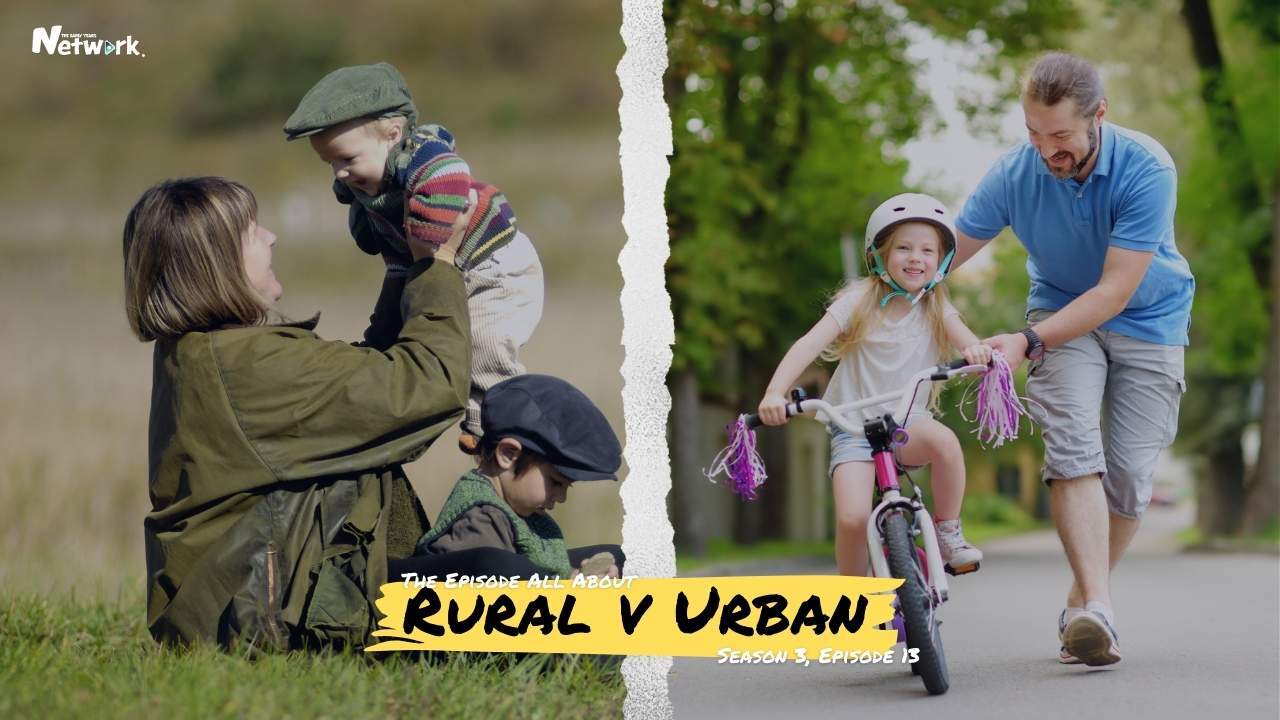
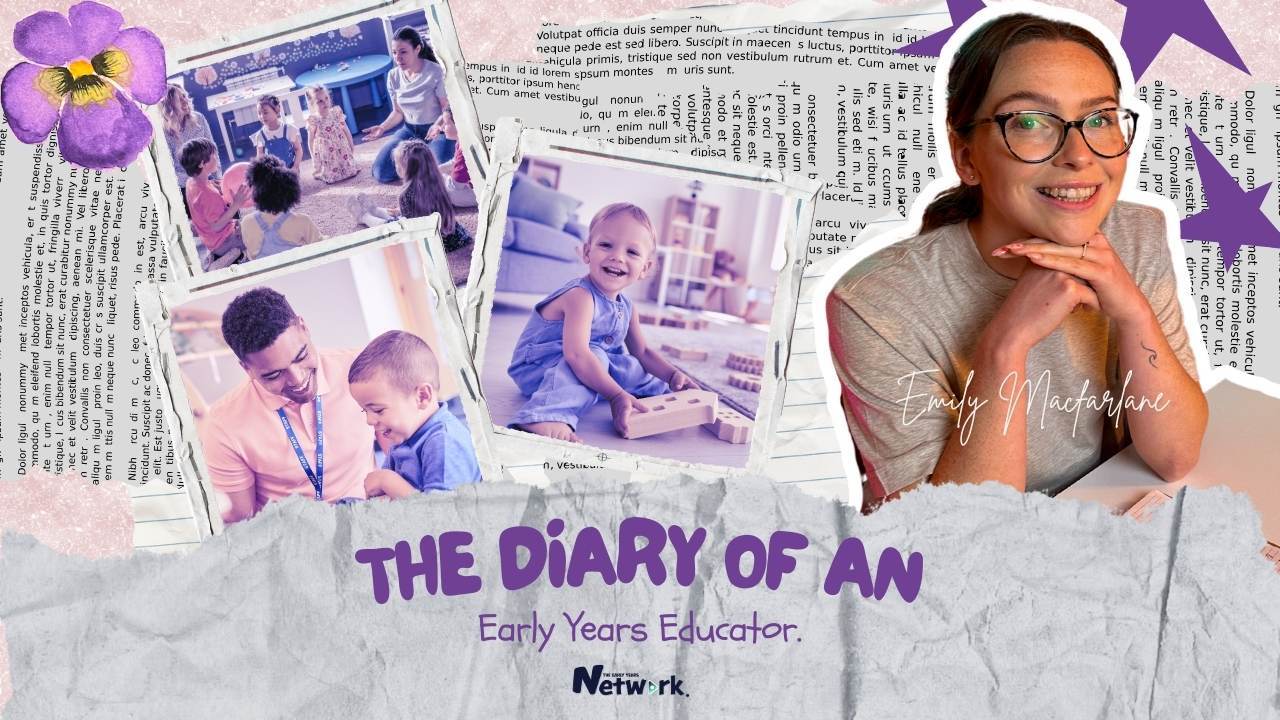
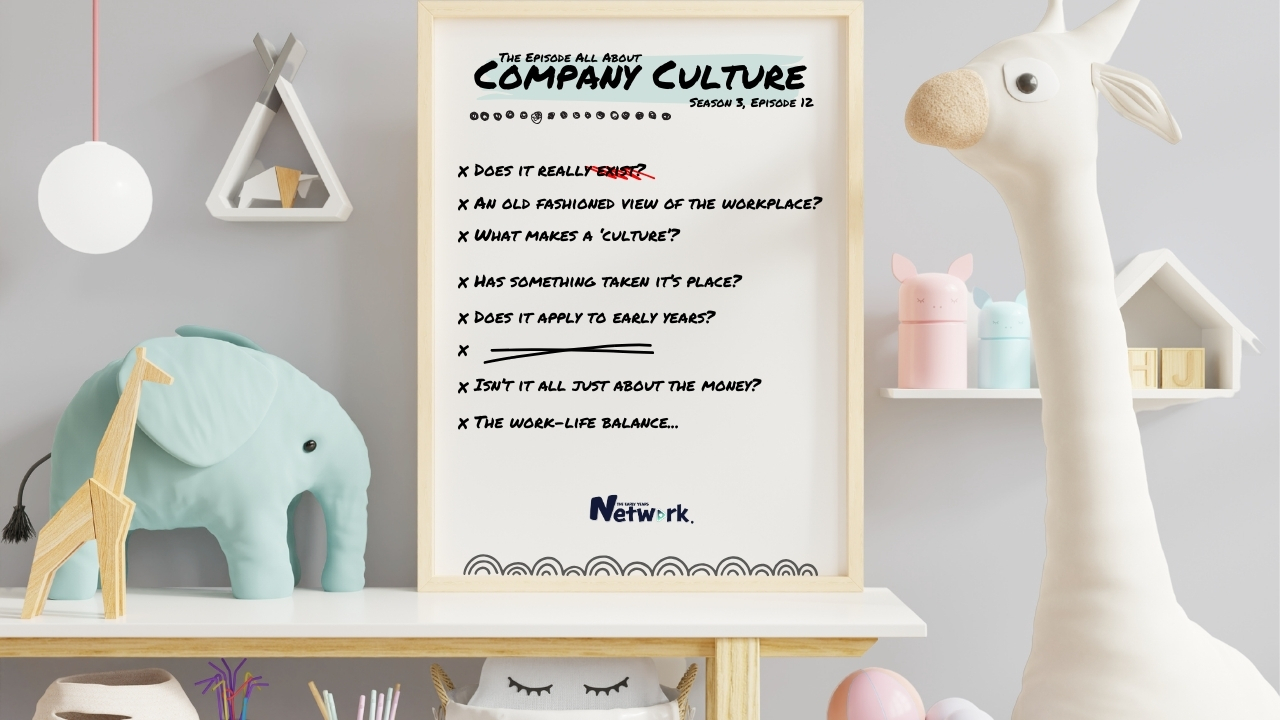
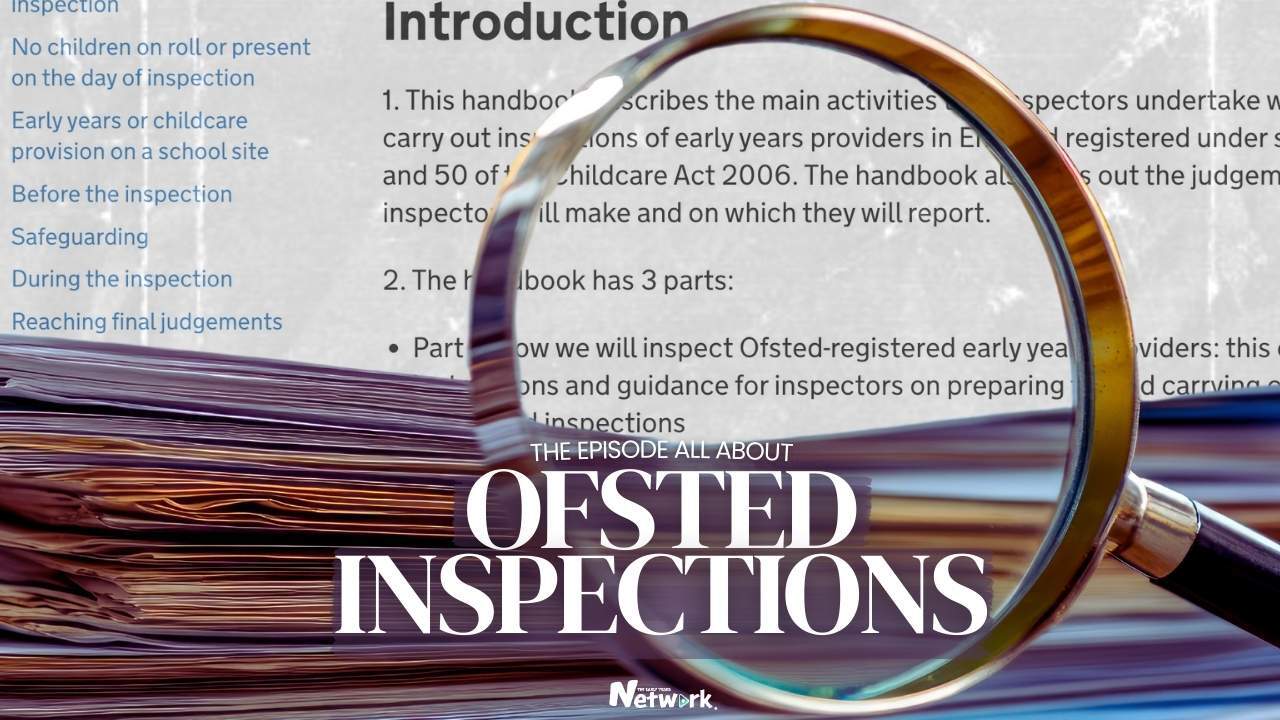
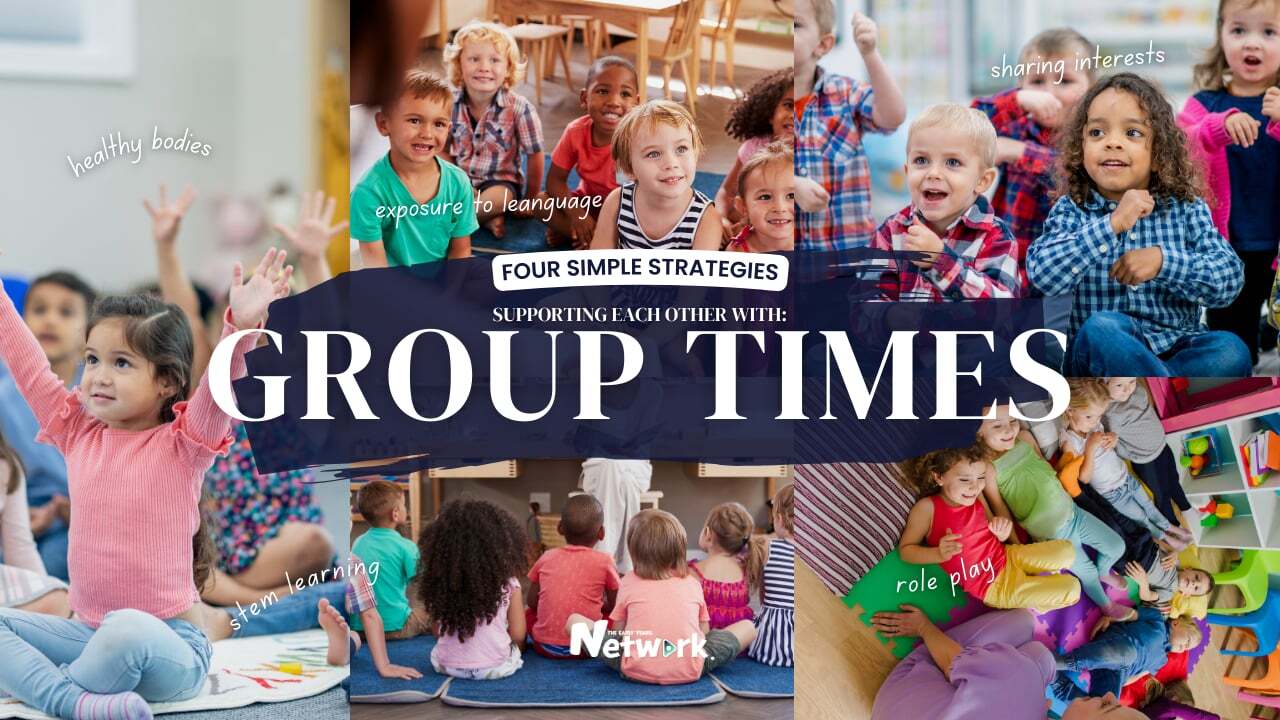
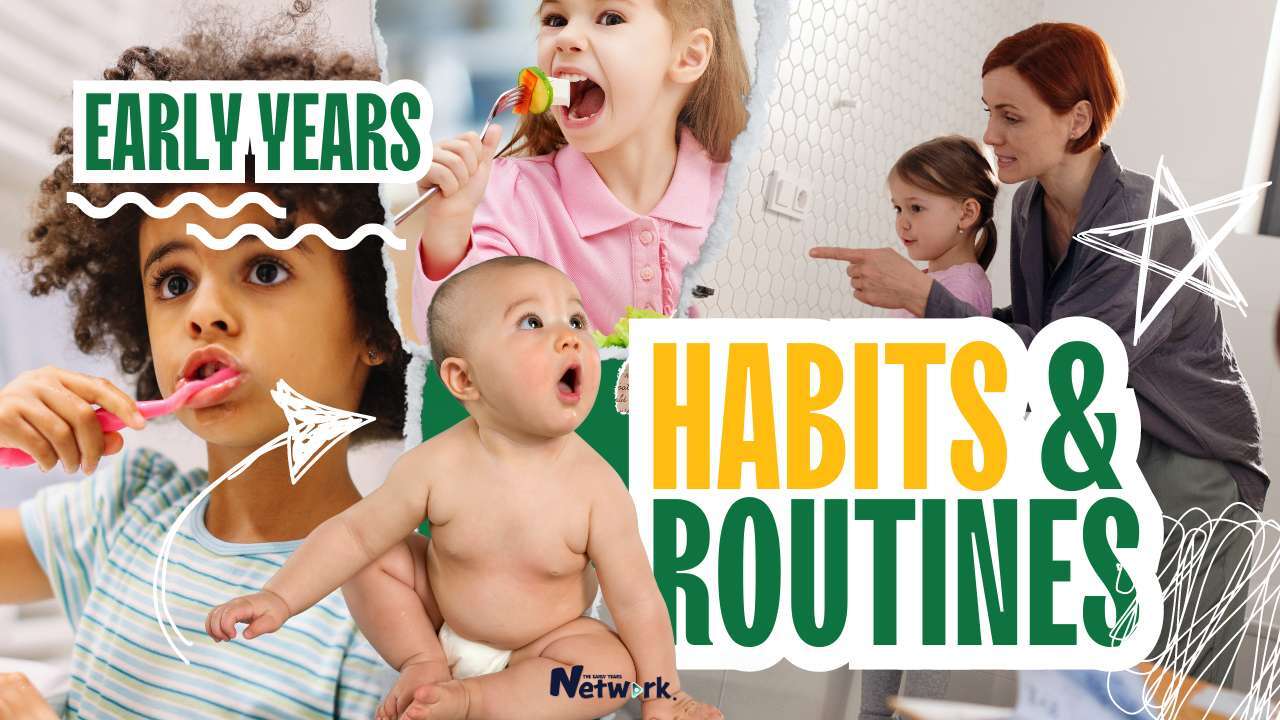
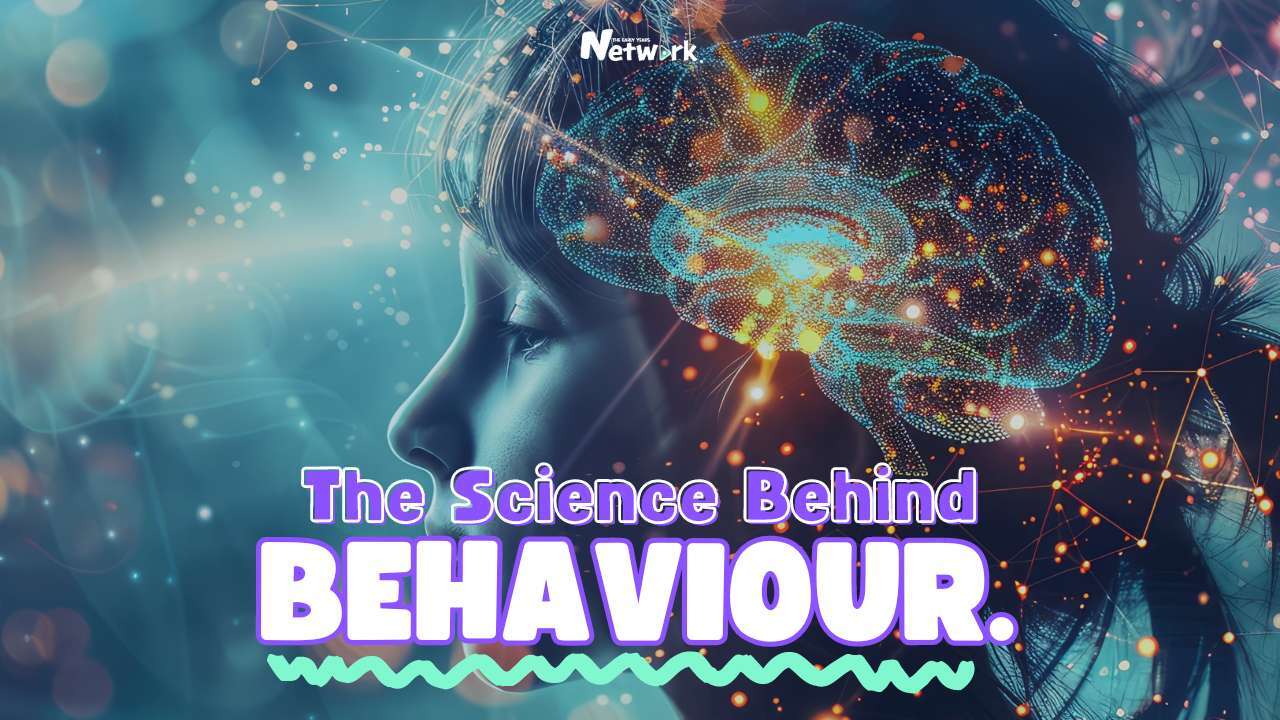
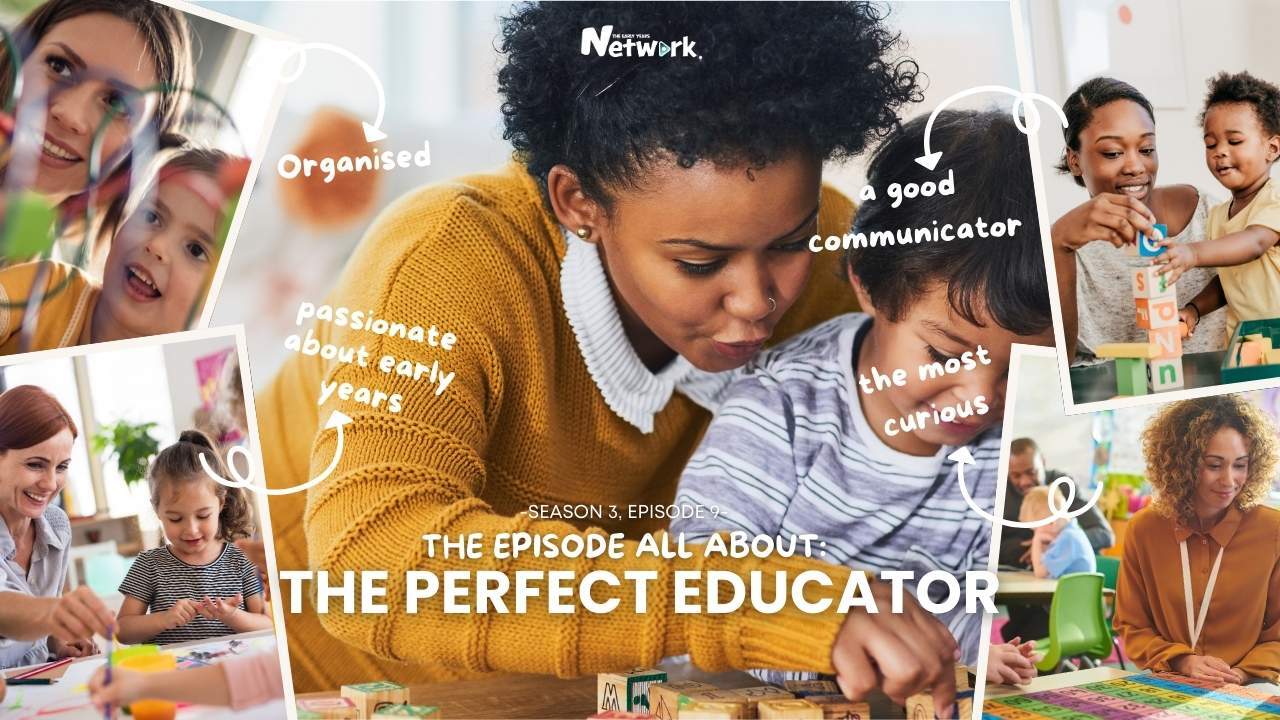
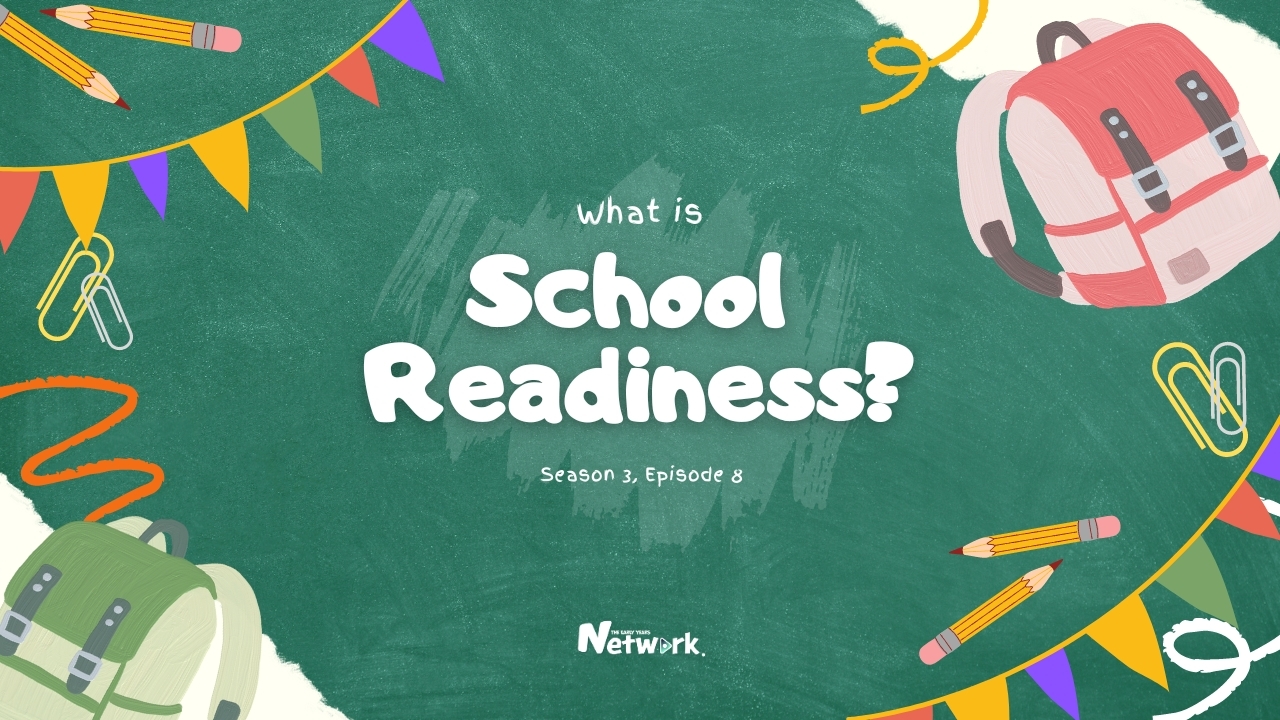
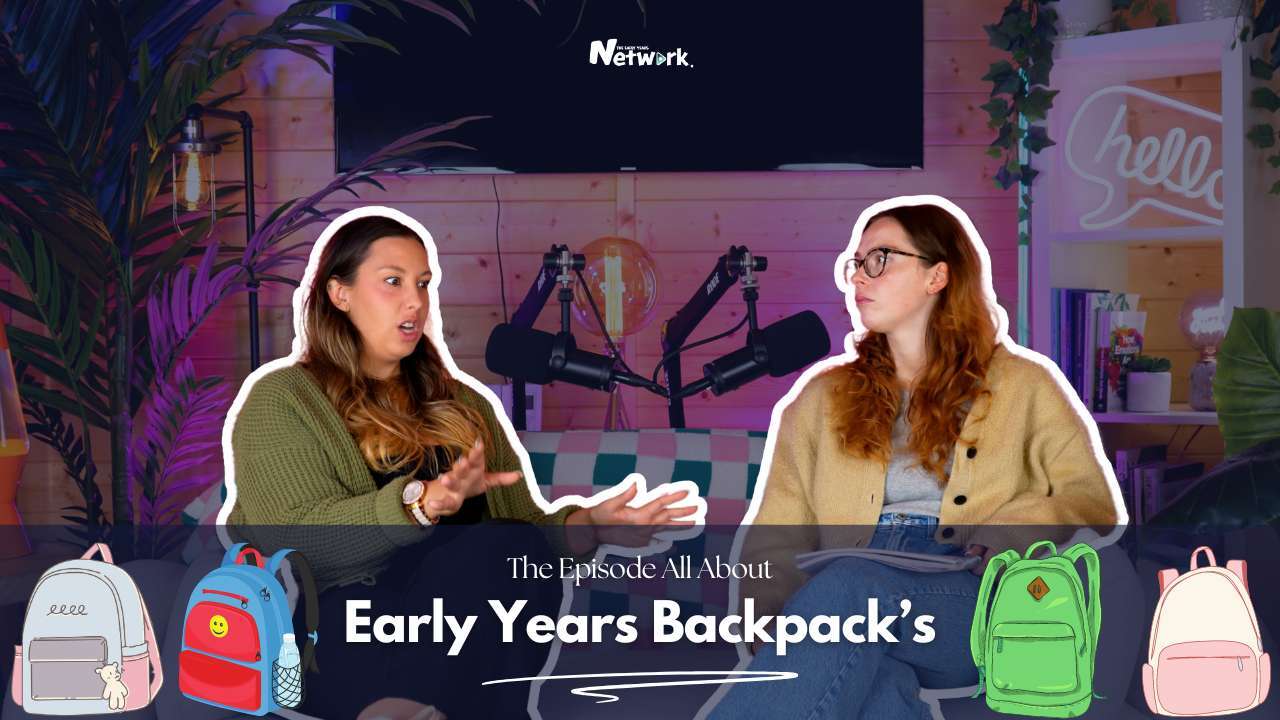
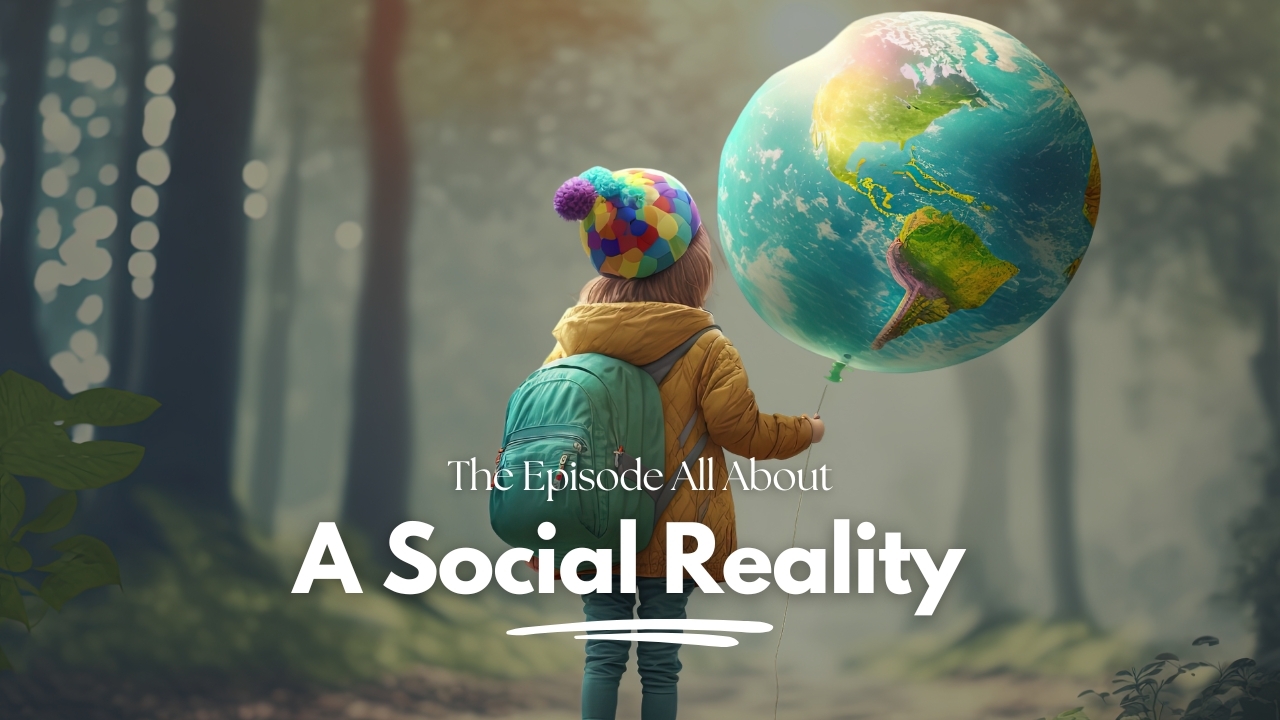
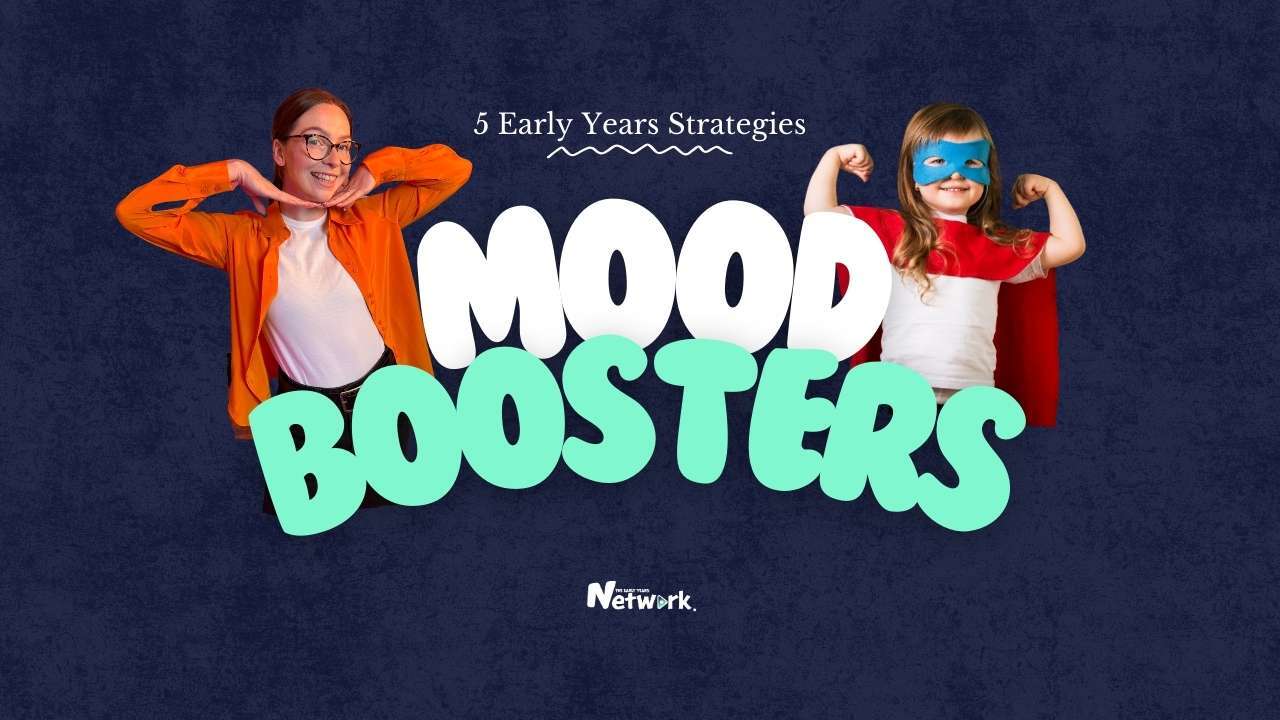
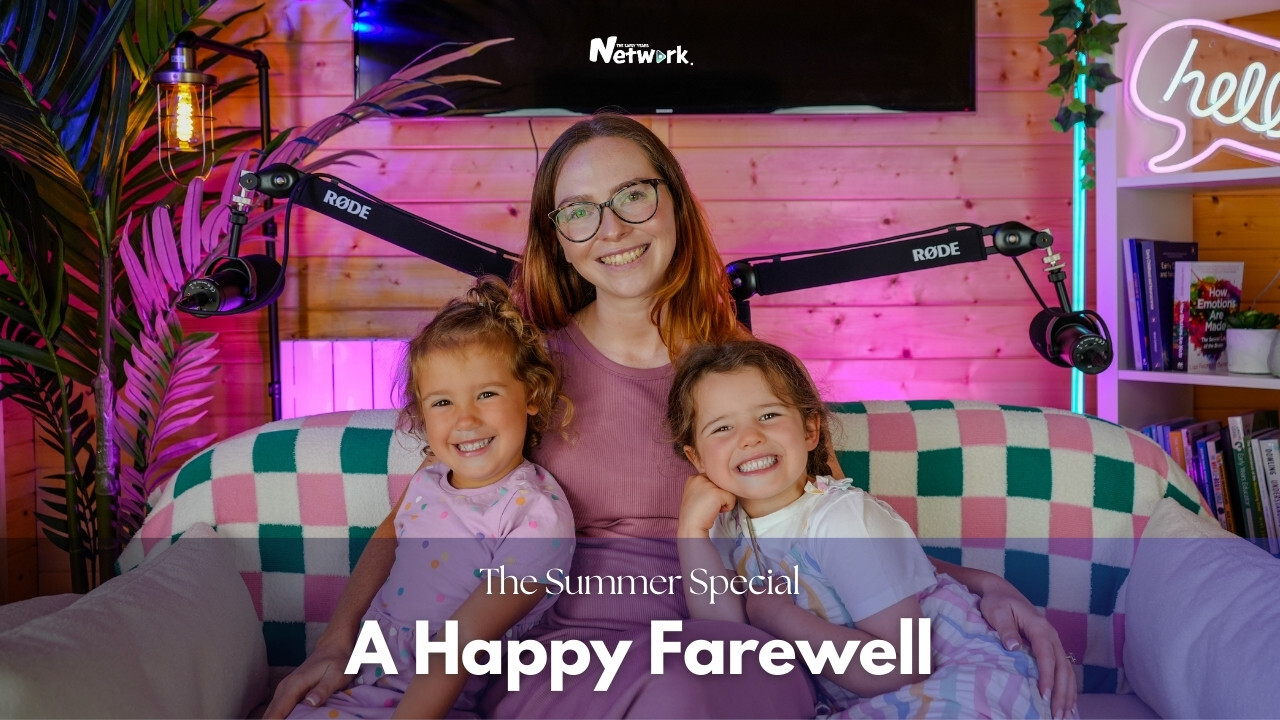

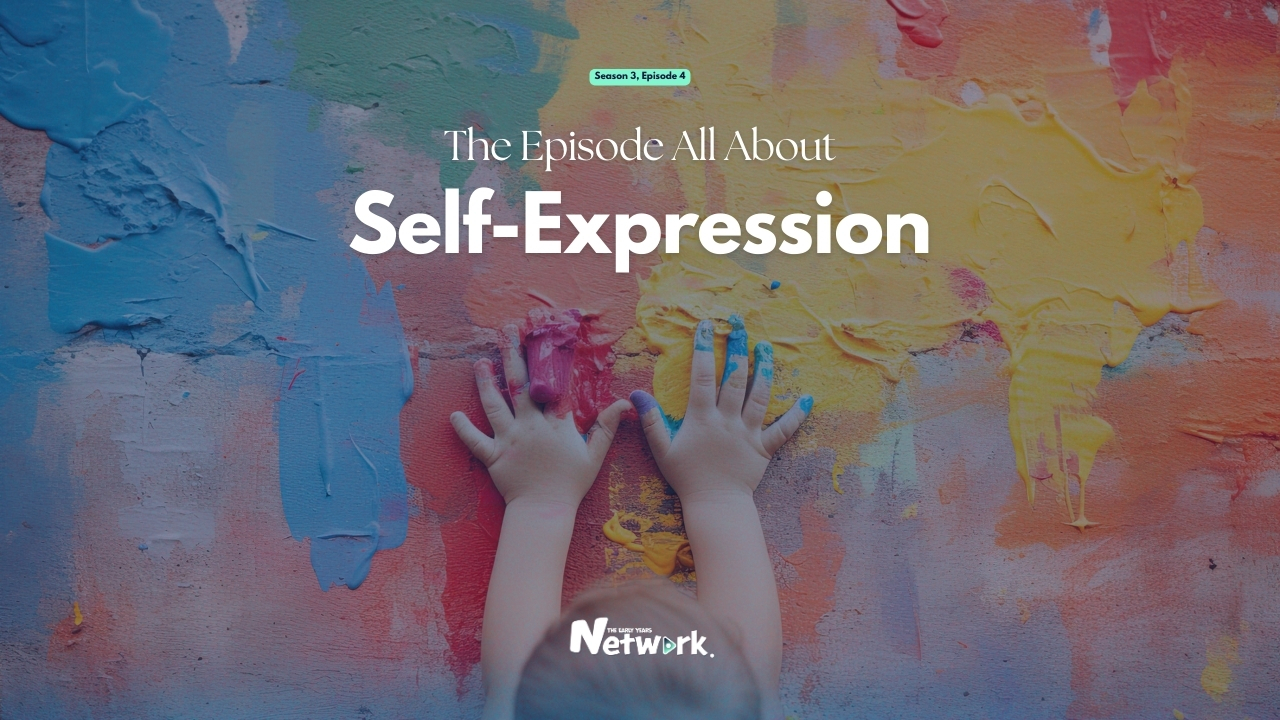
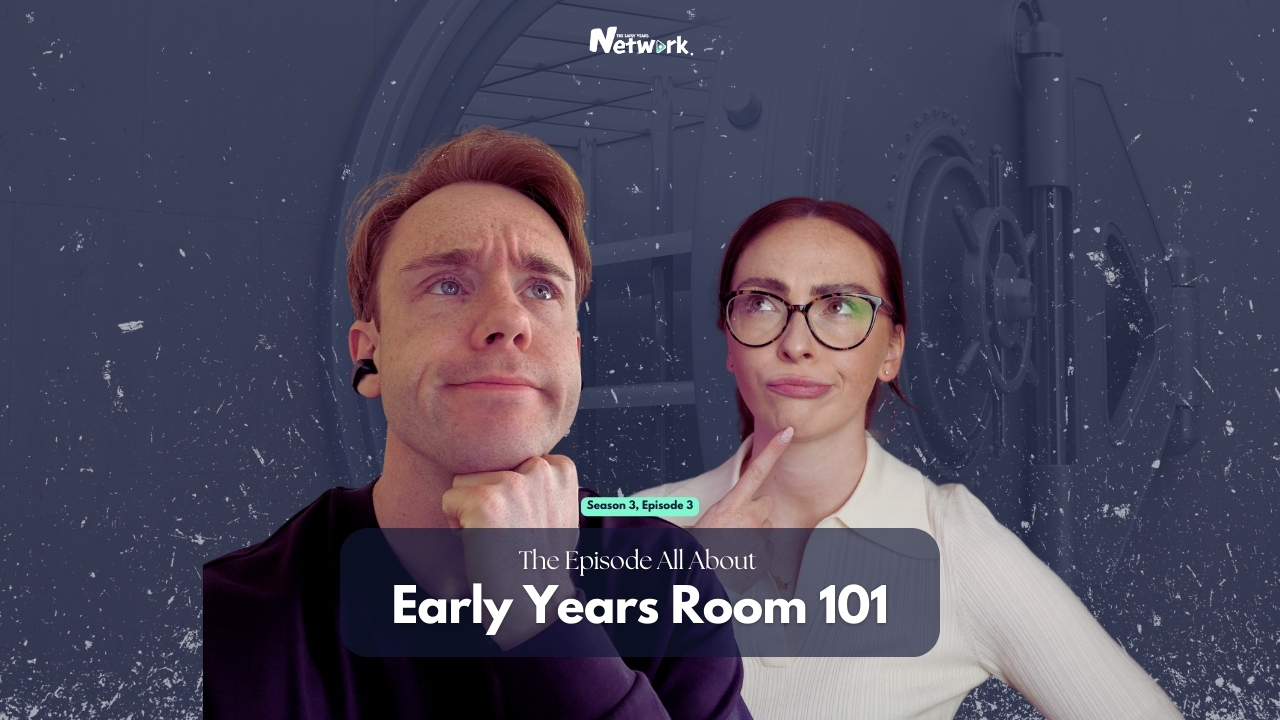
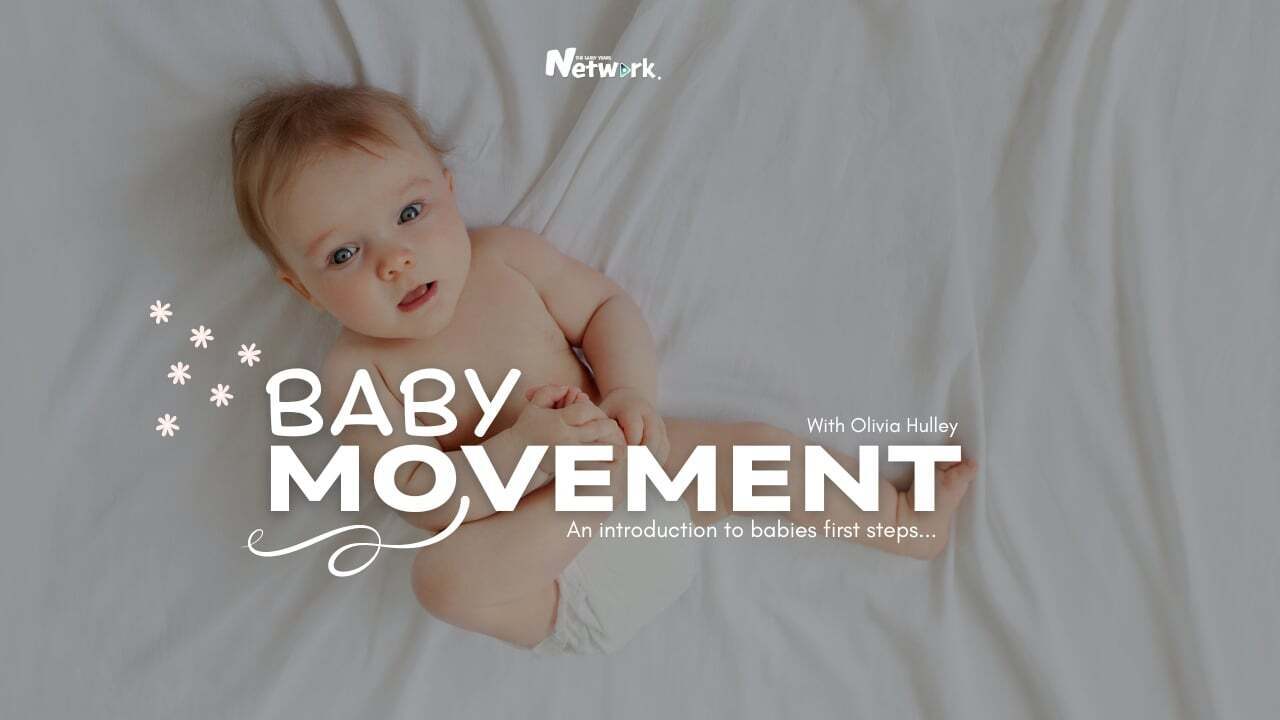
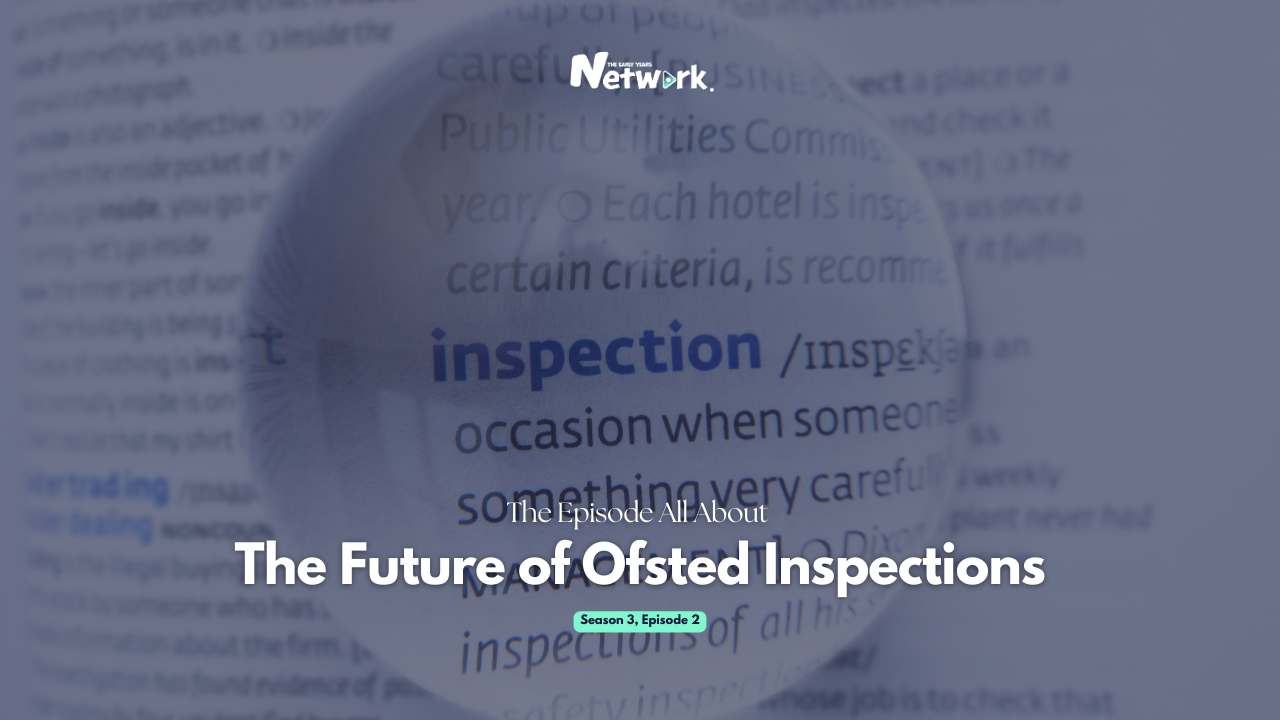
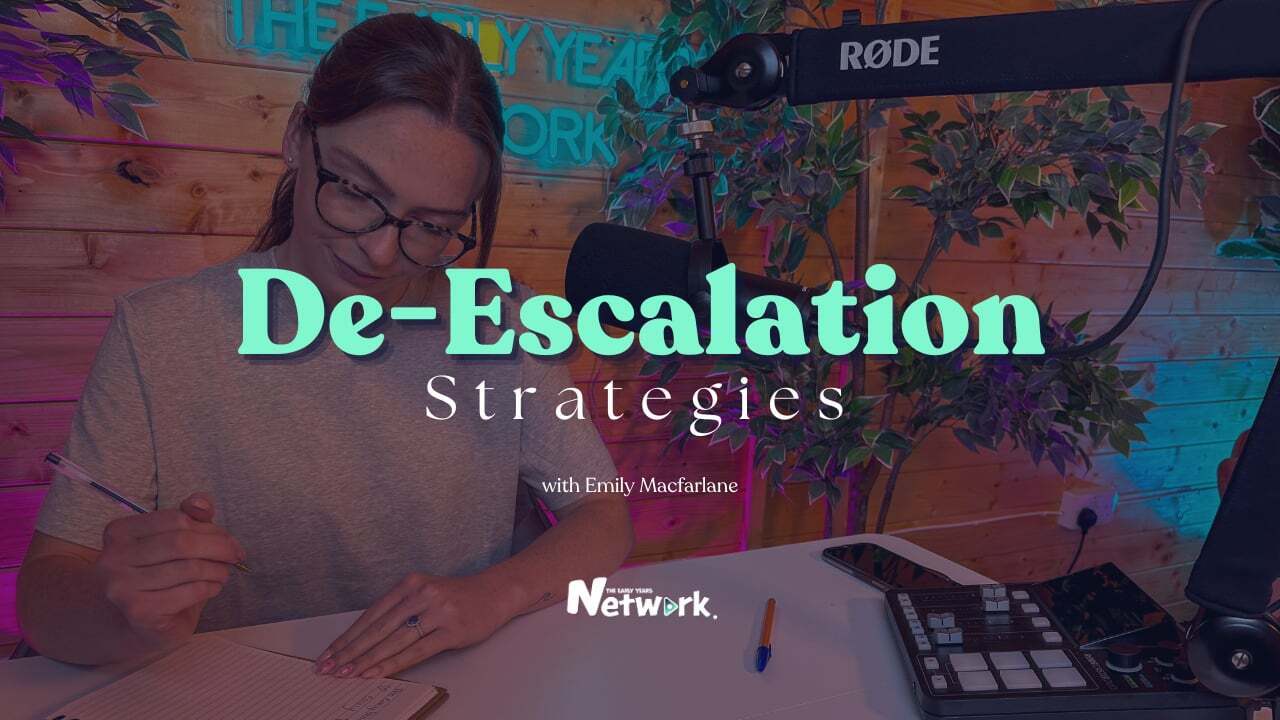
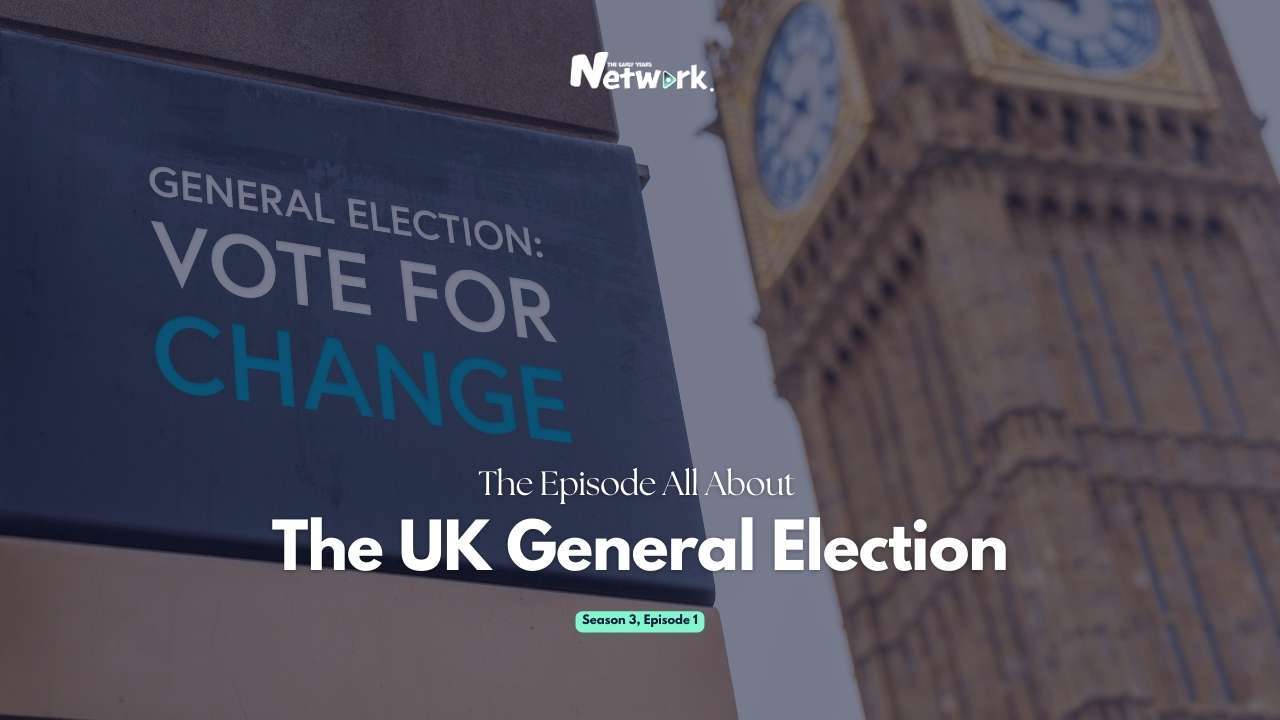


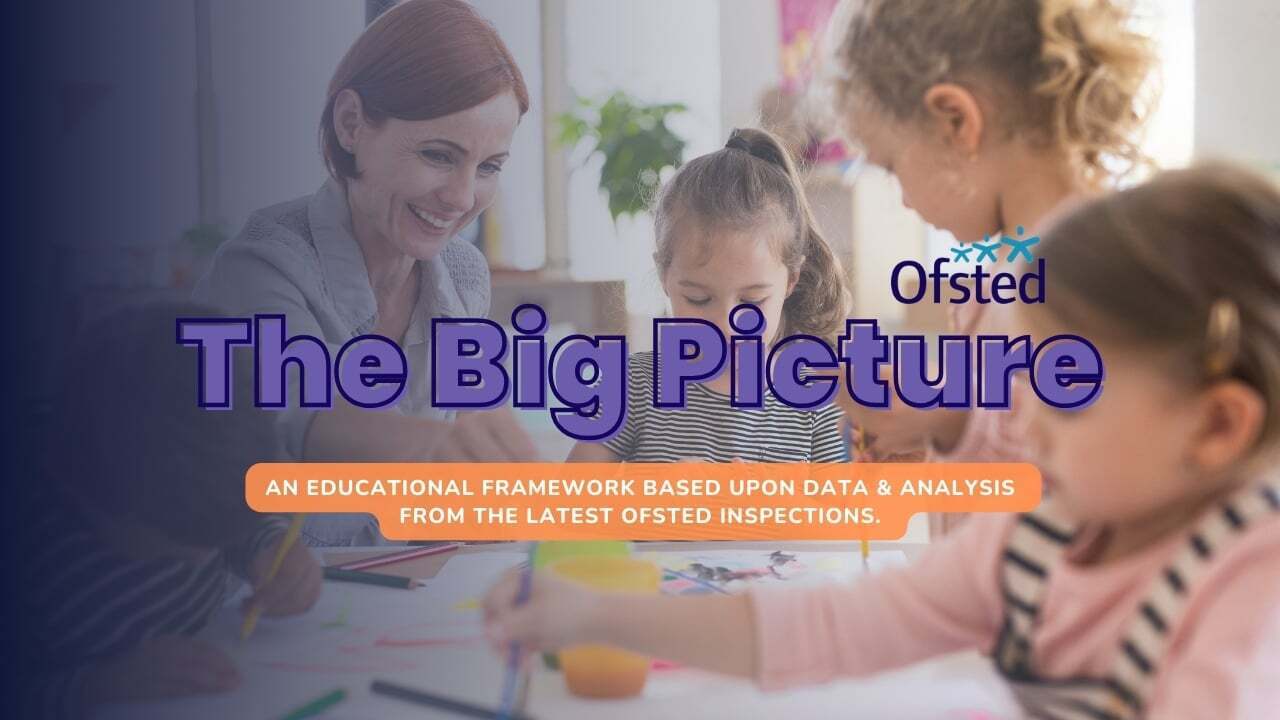
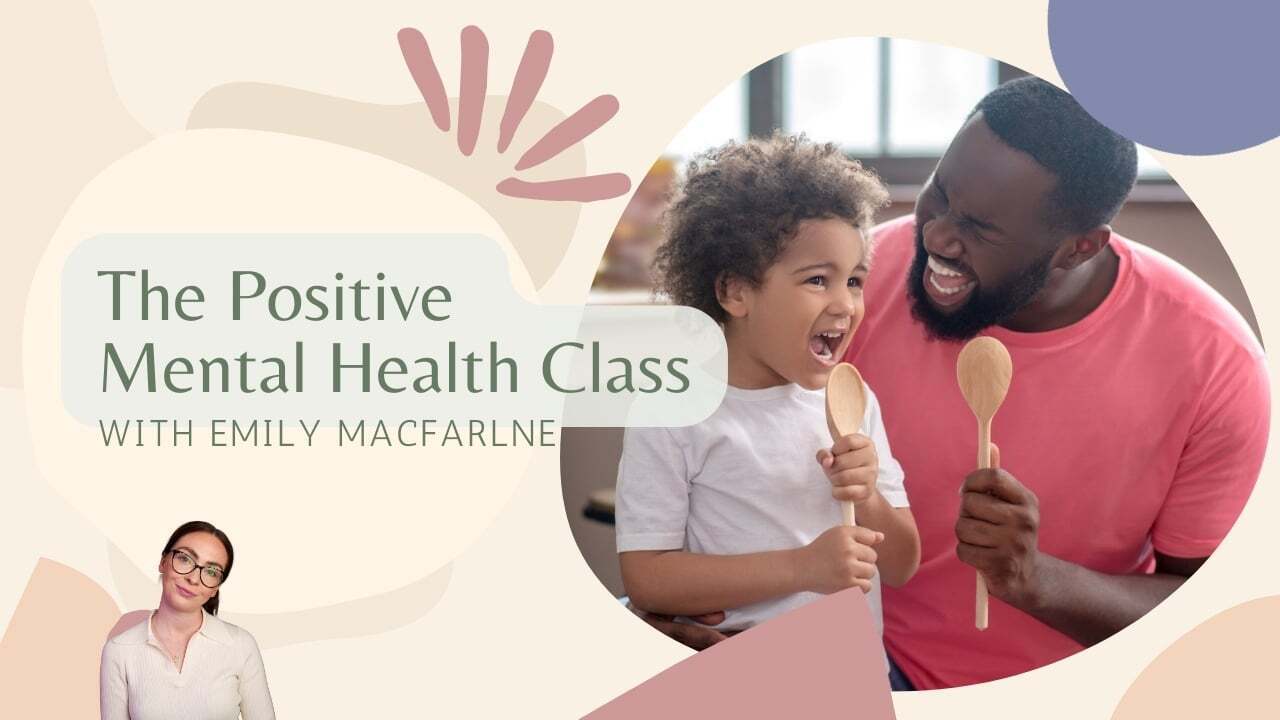
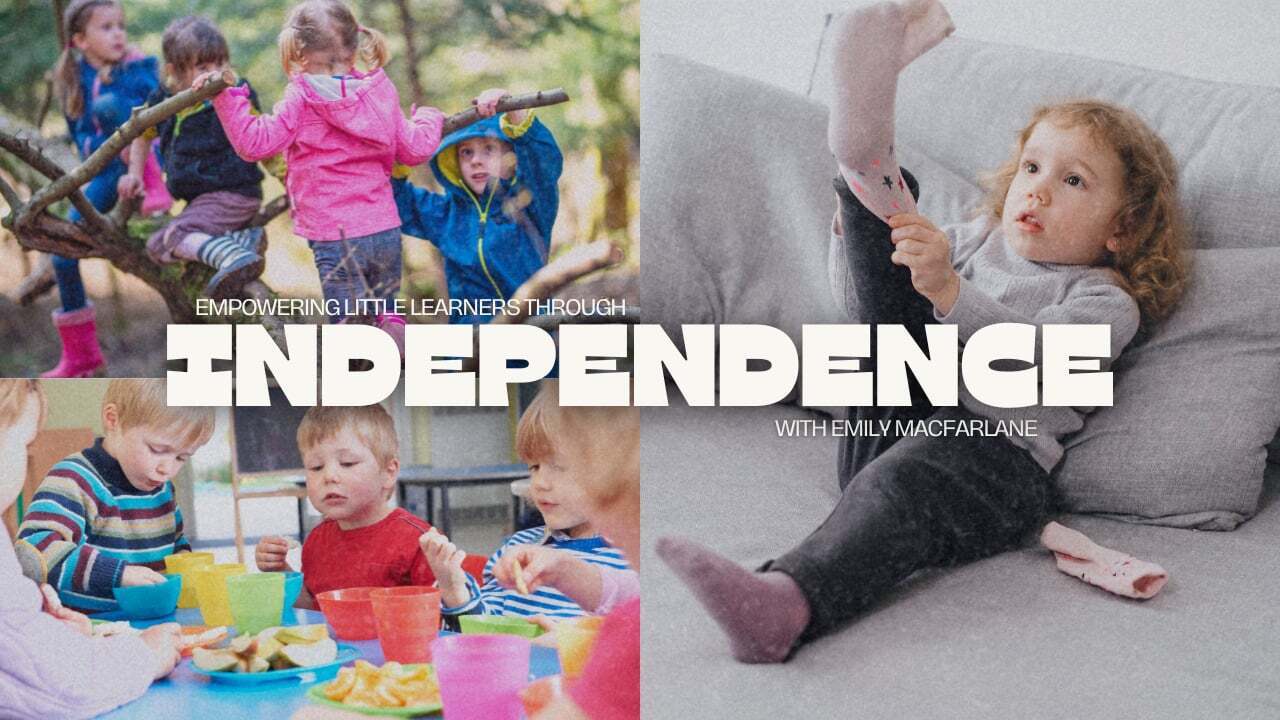
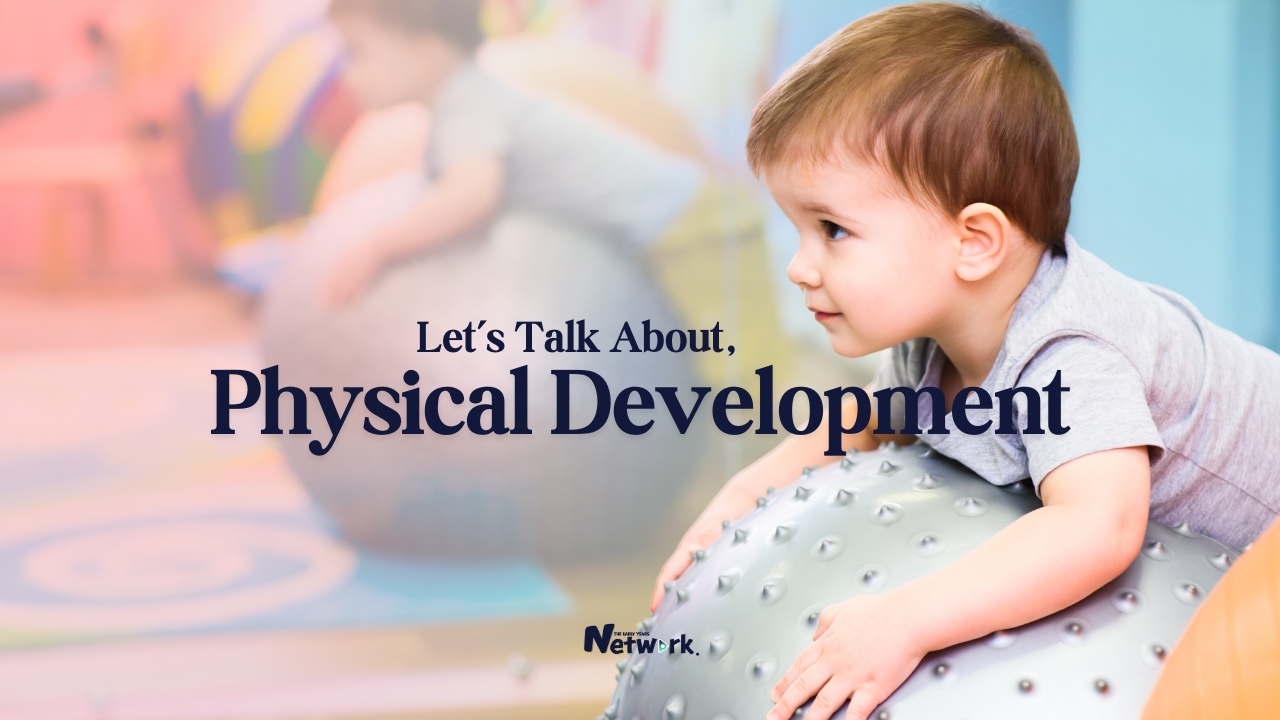
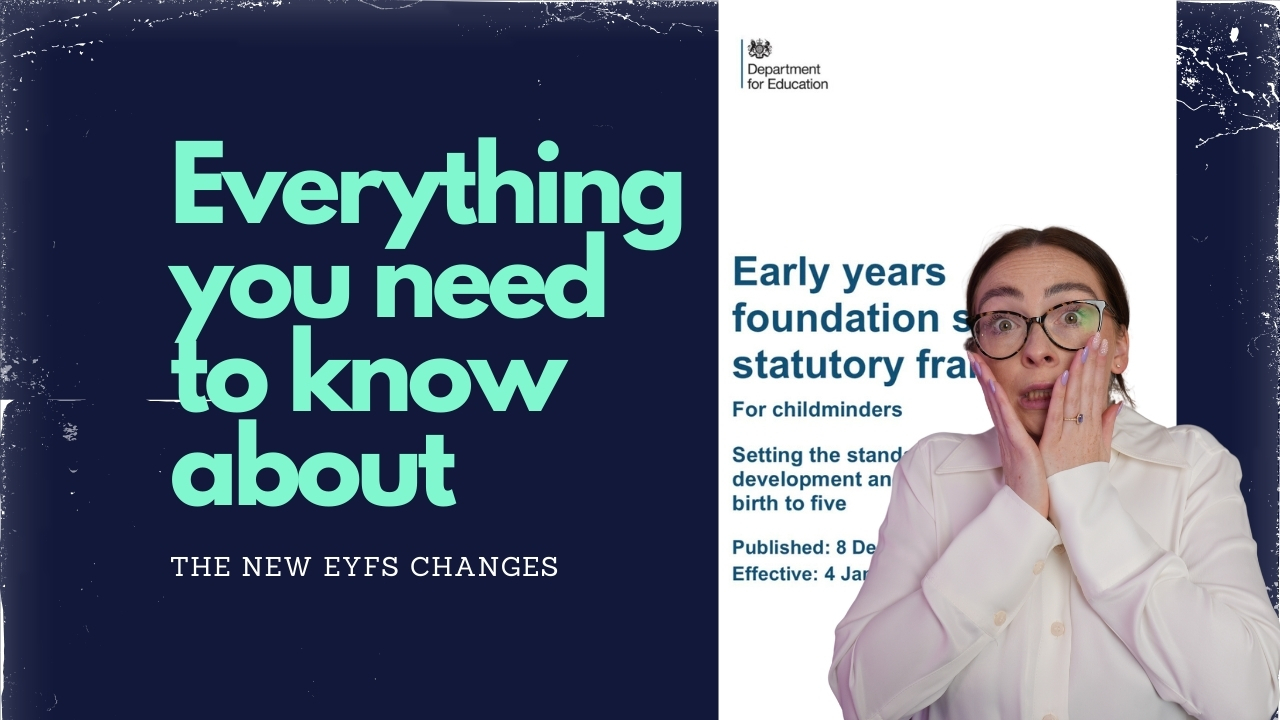

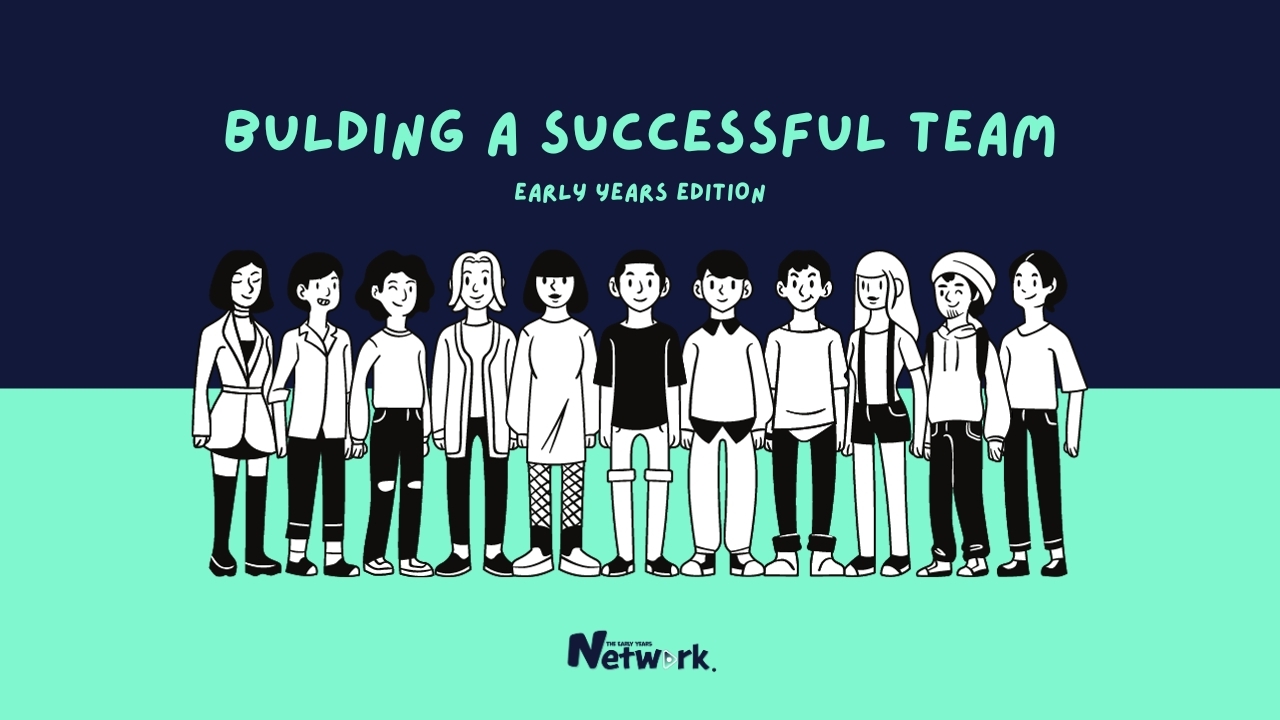

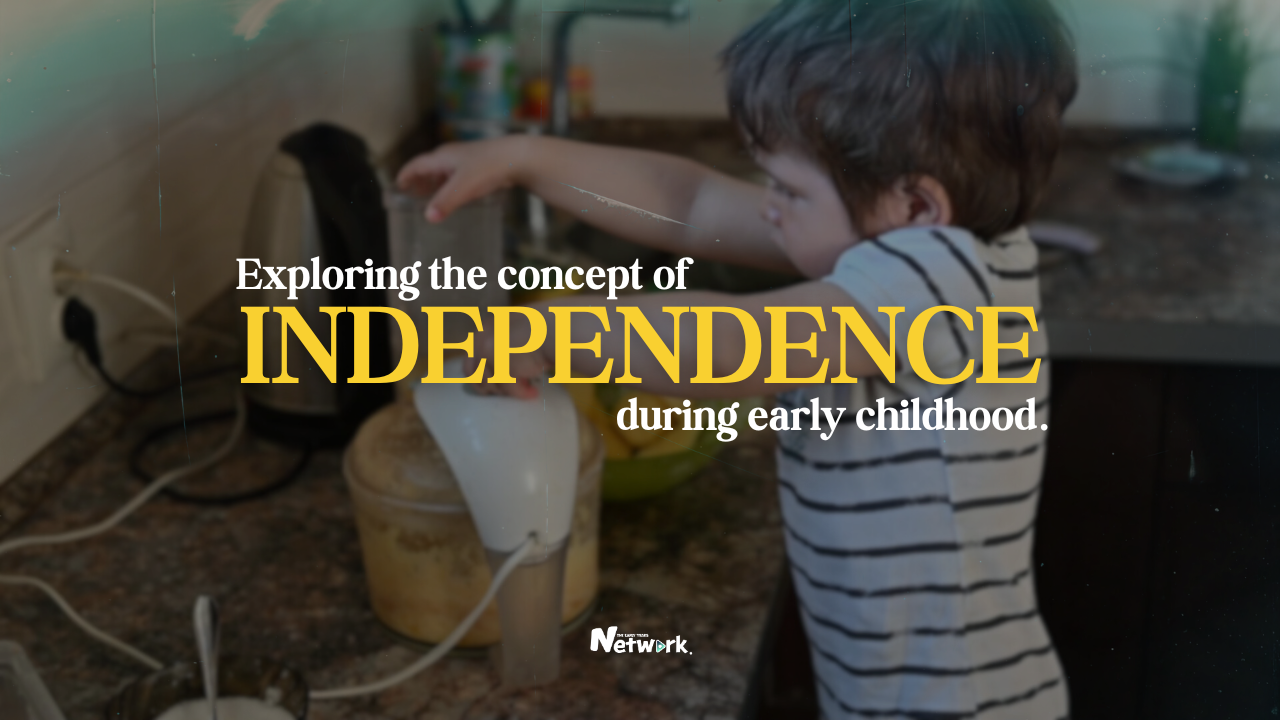
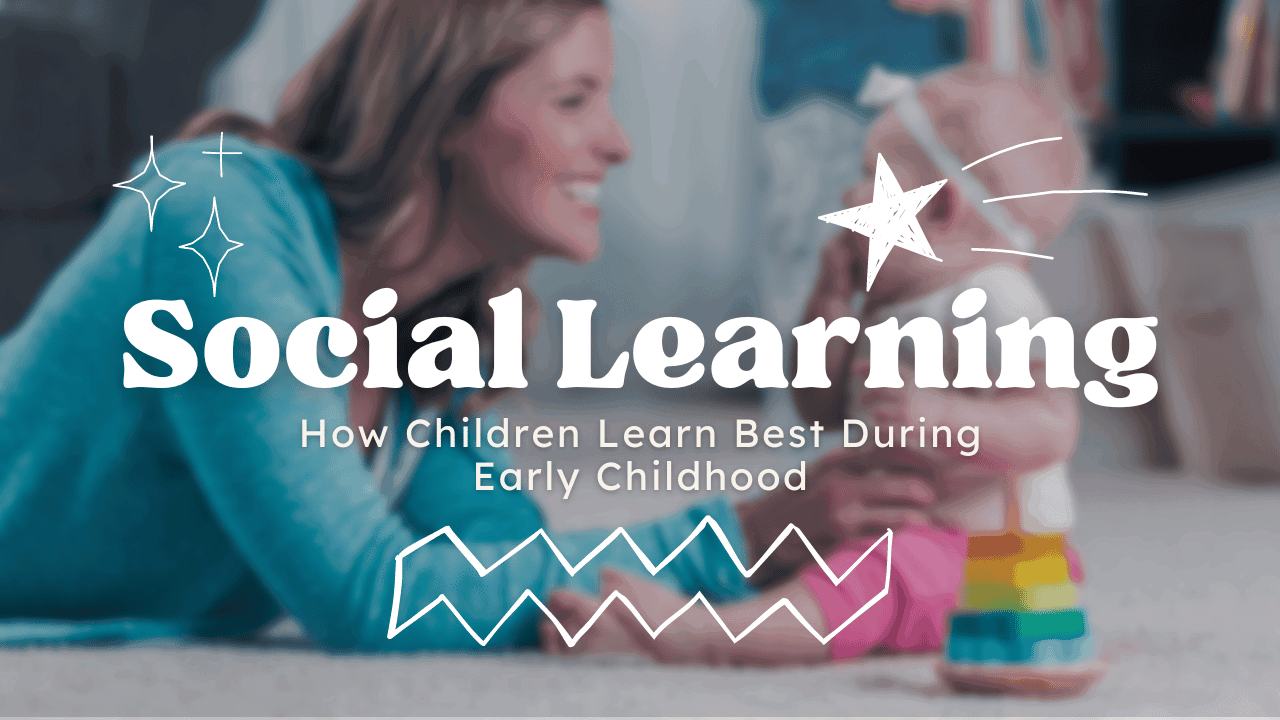


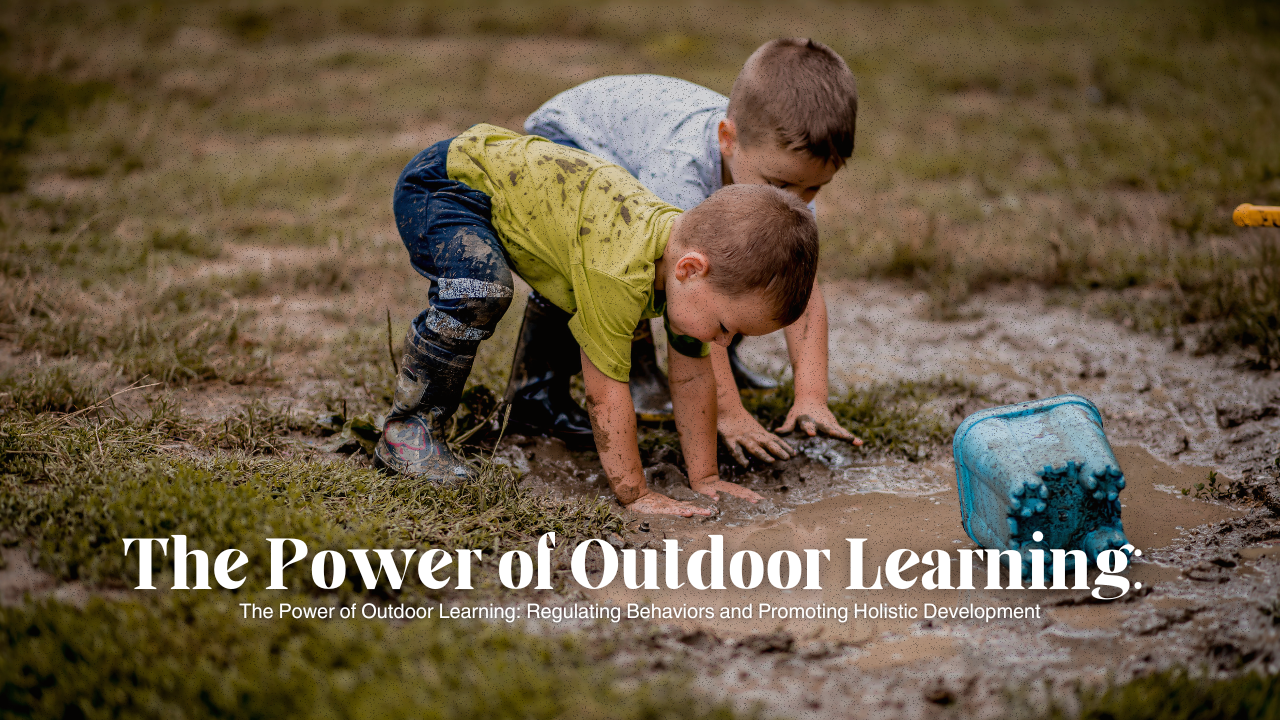
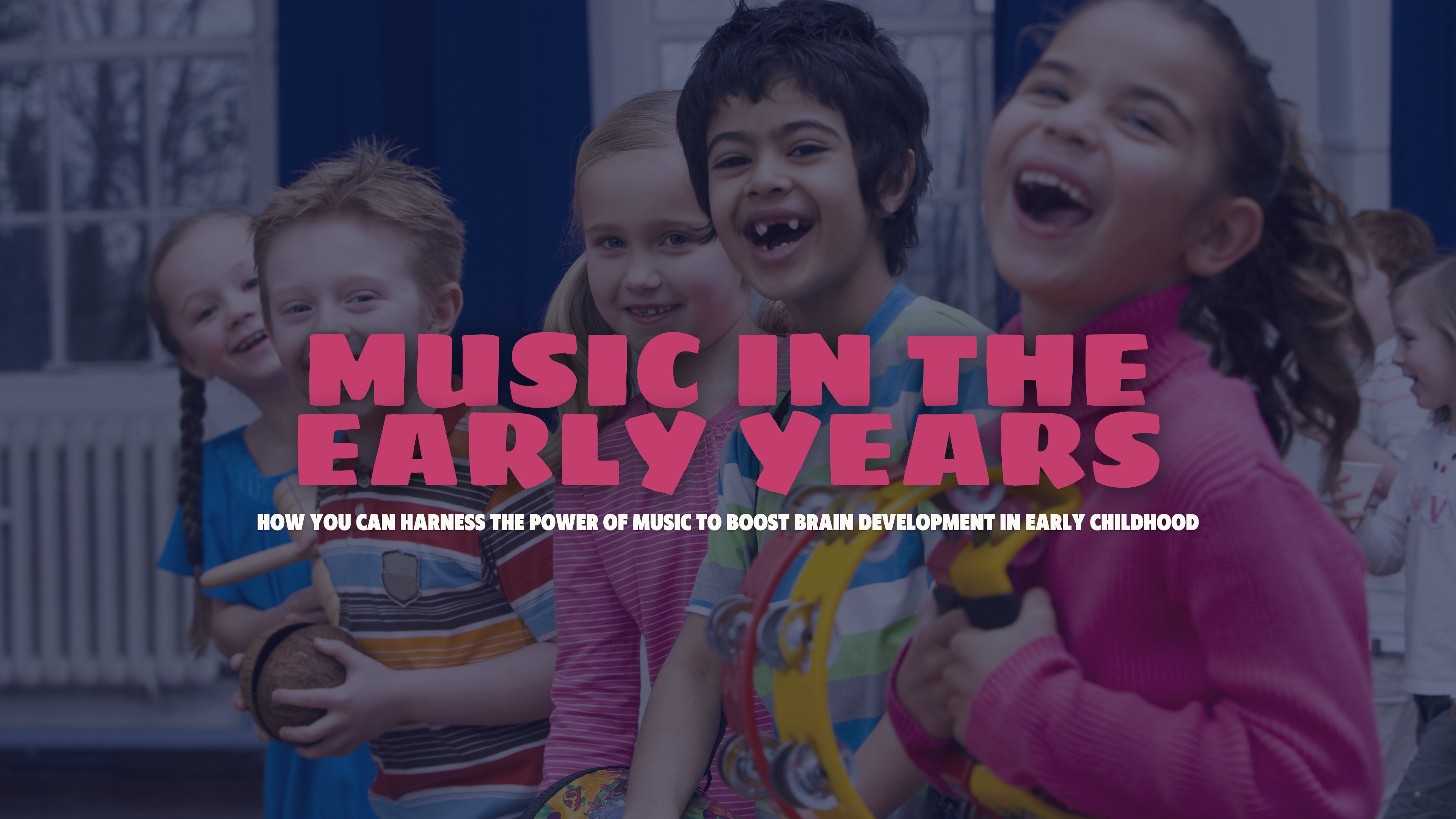
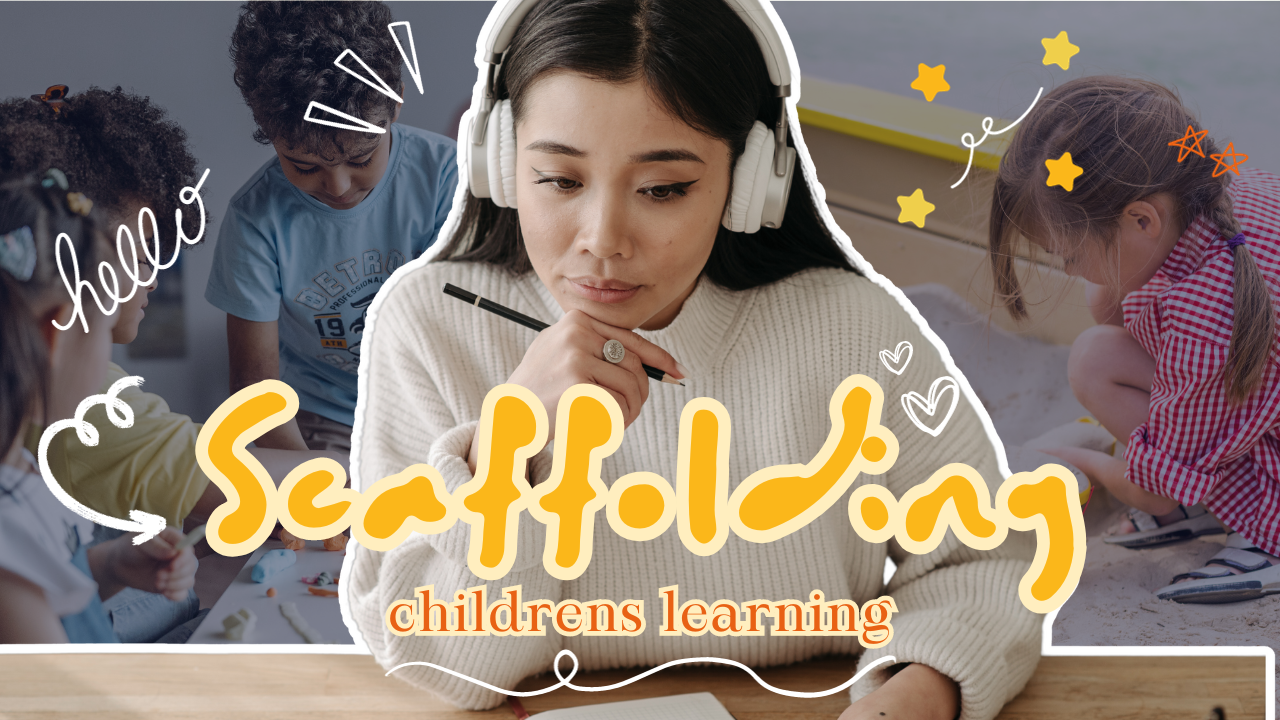
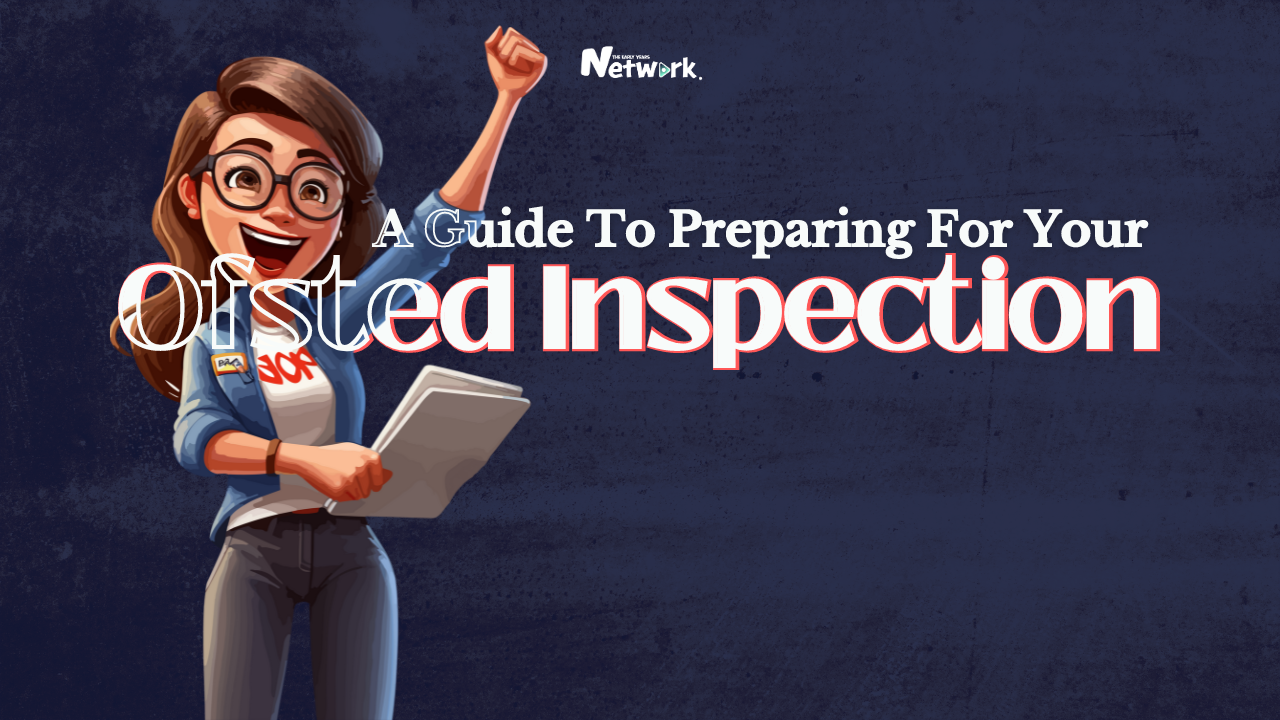
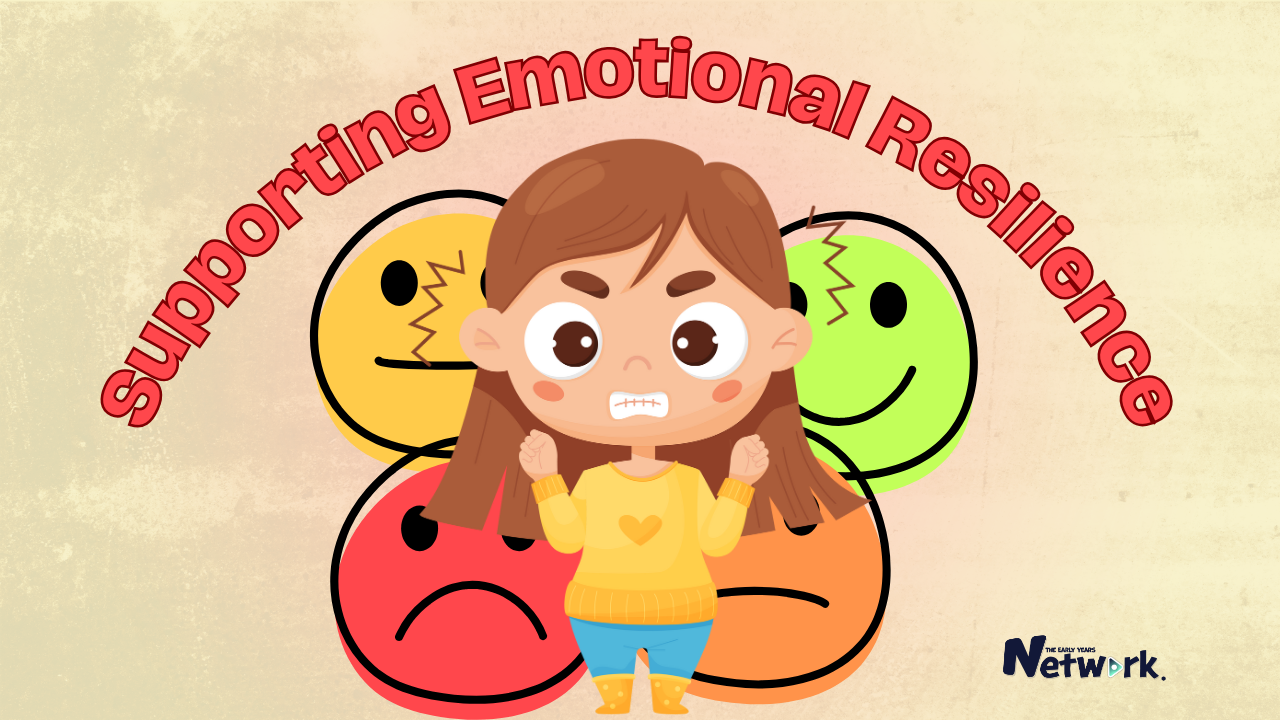
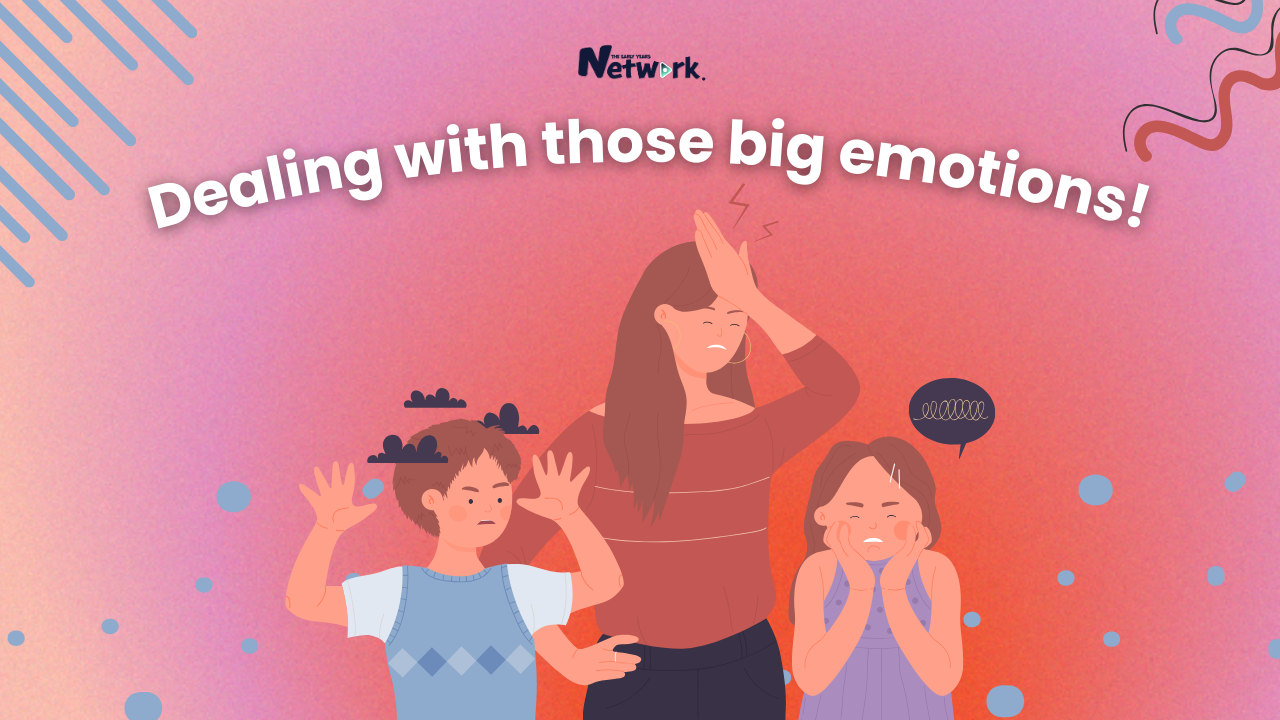

Comments 0
Leave a comment
Only your name will be published. Required fields are marked *